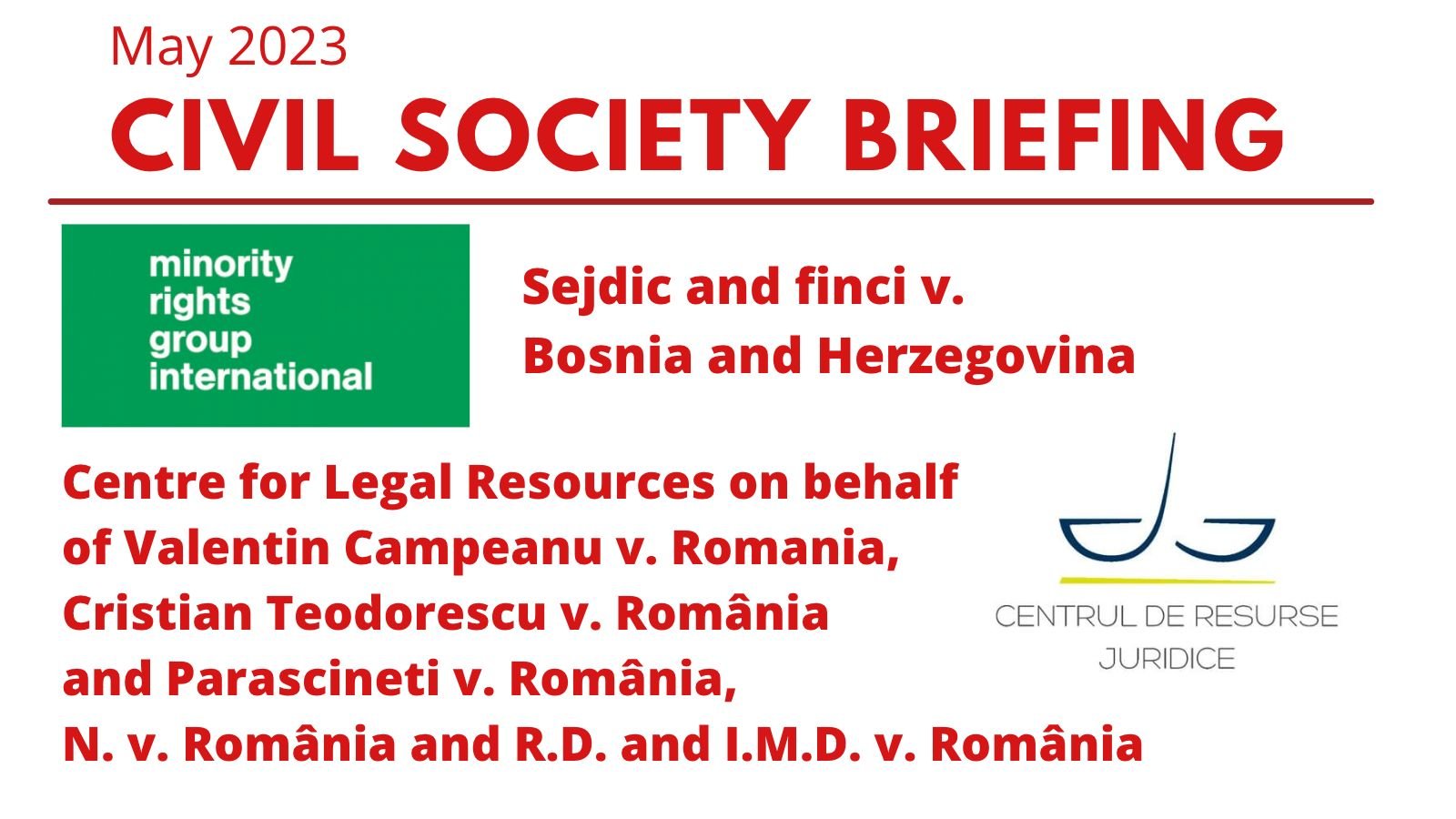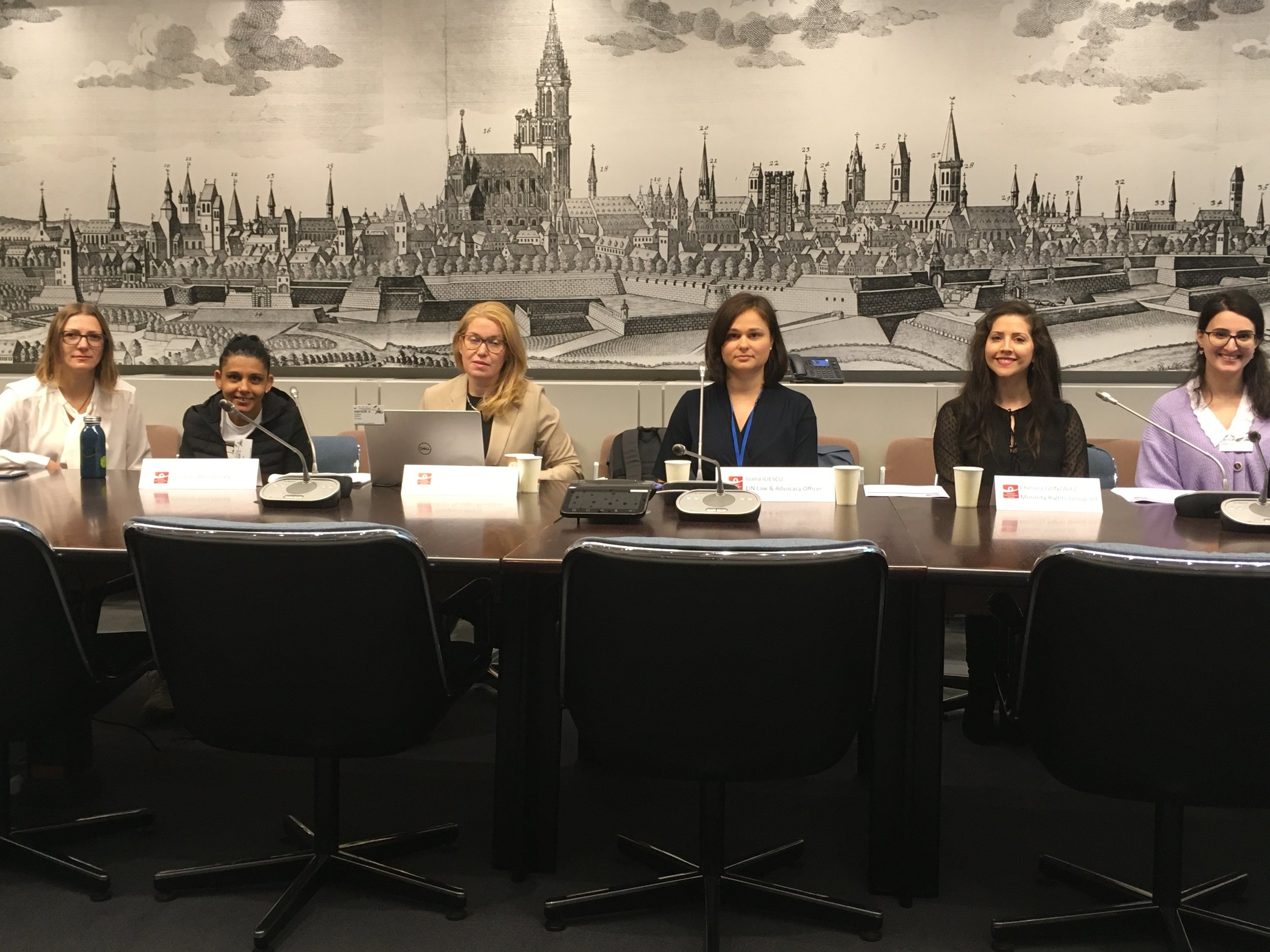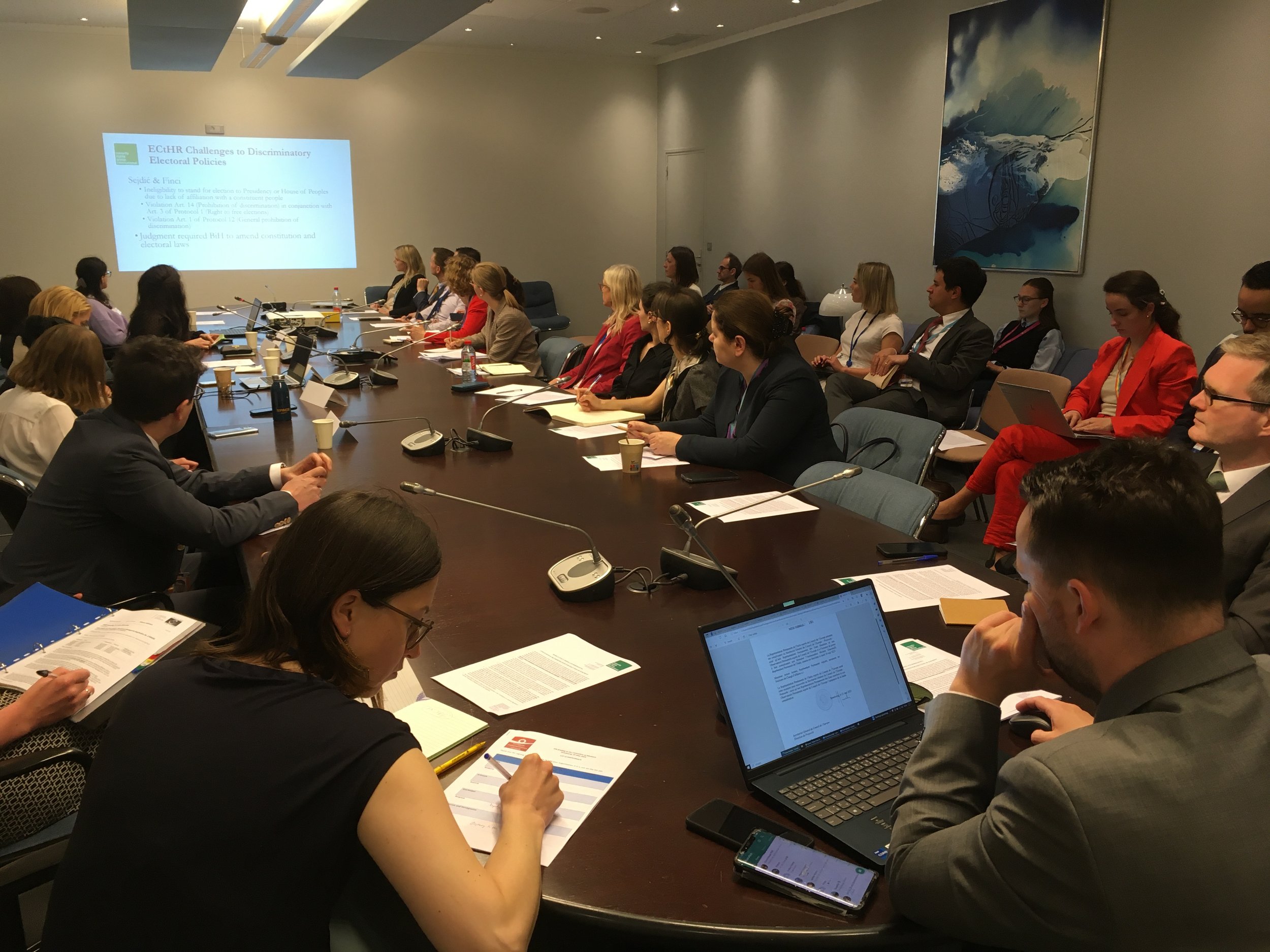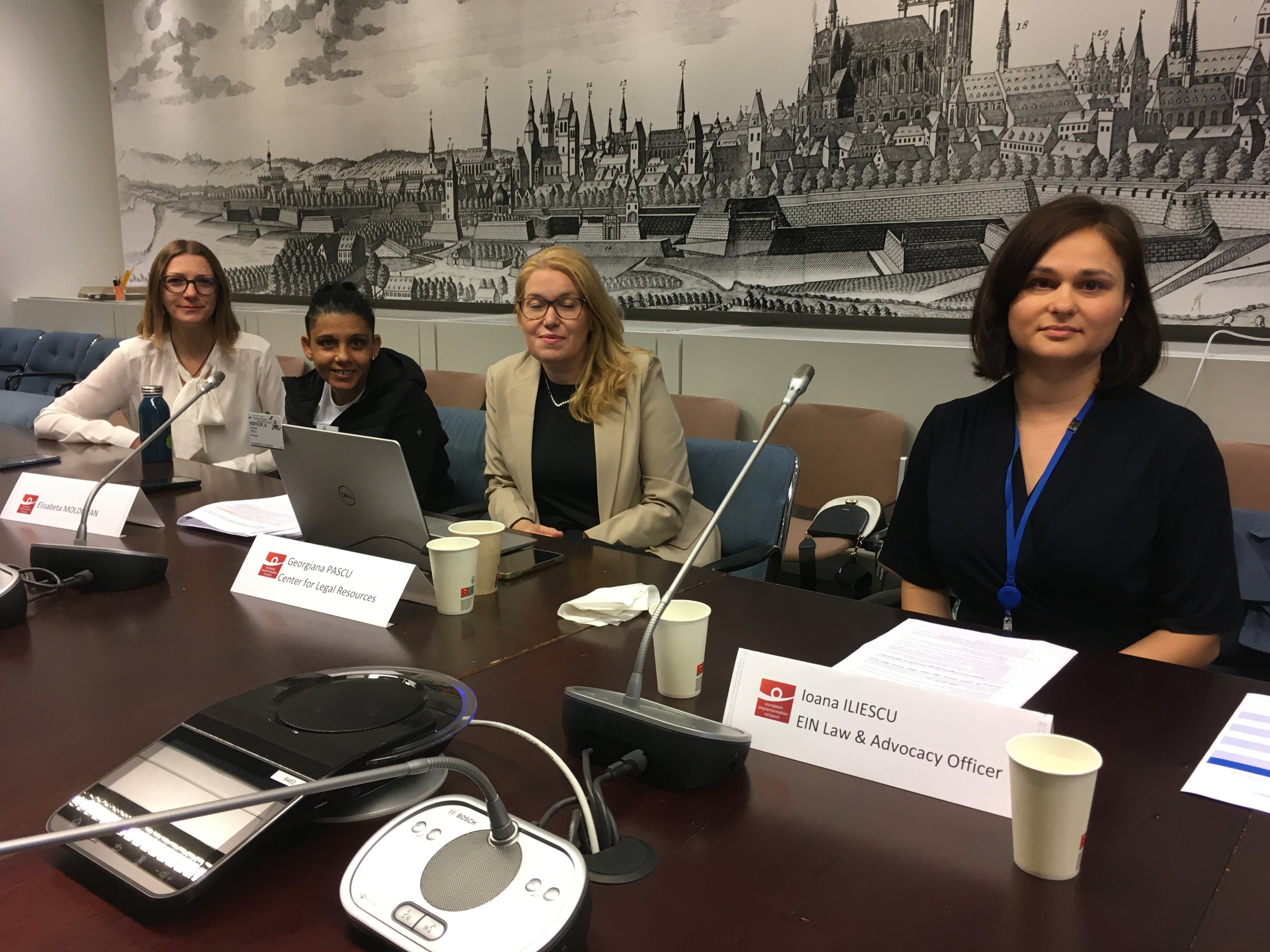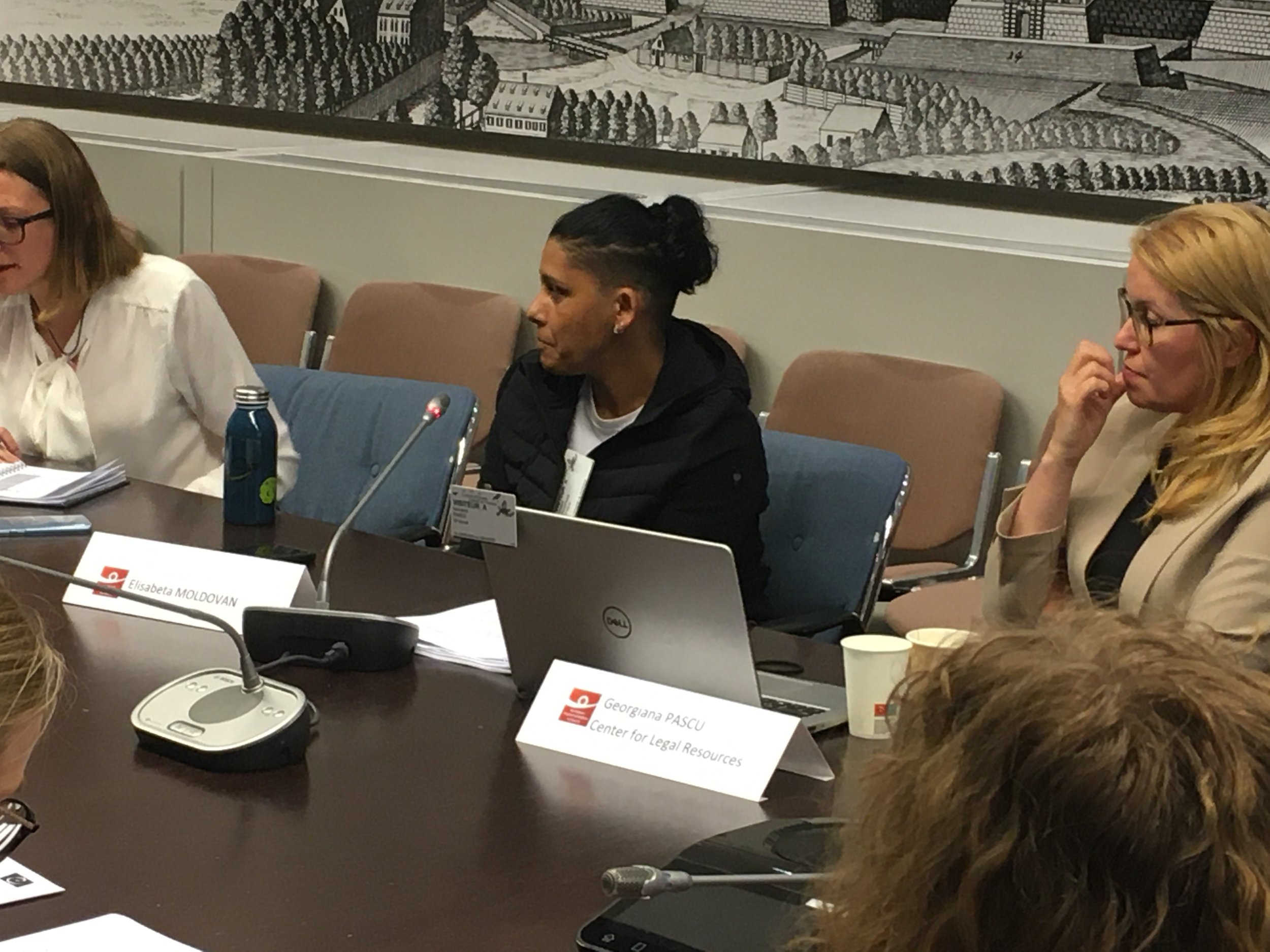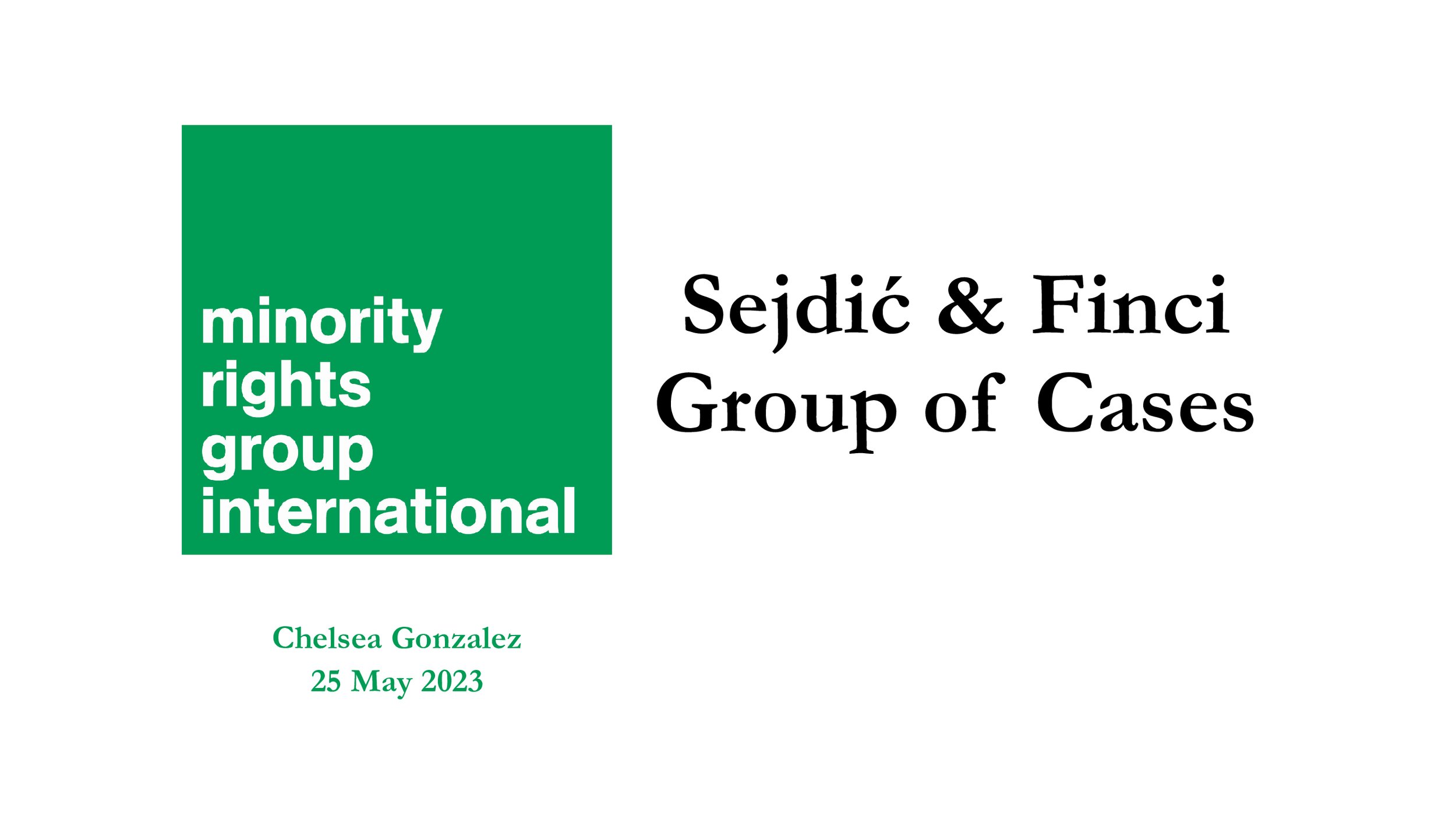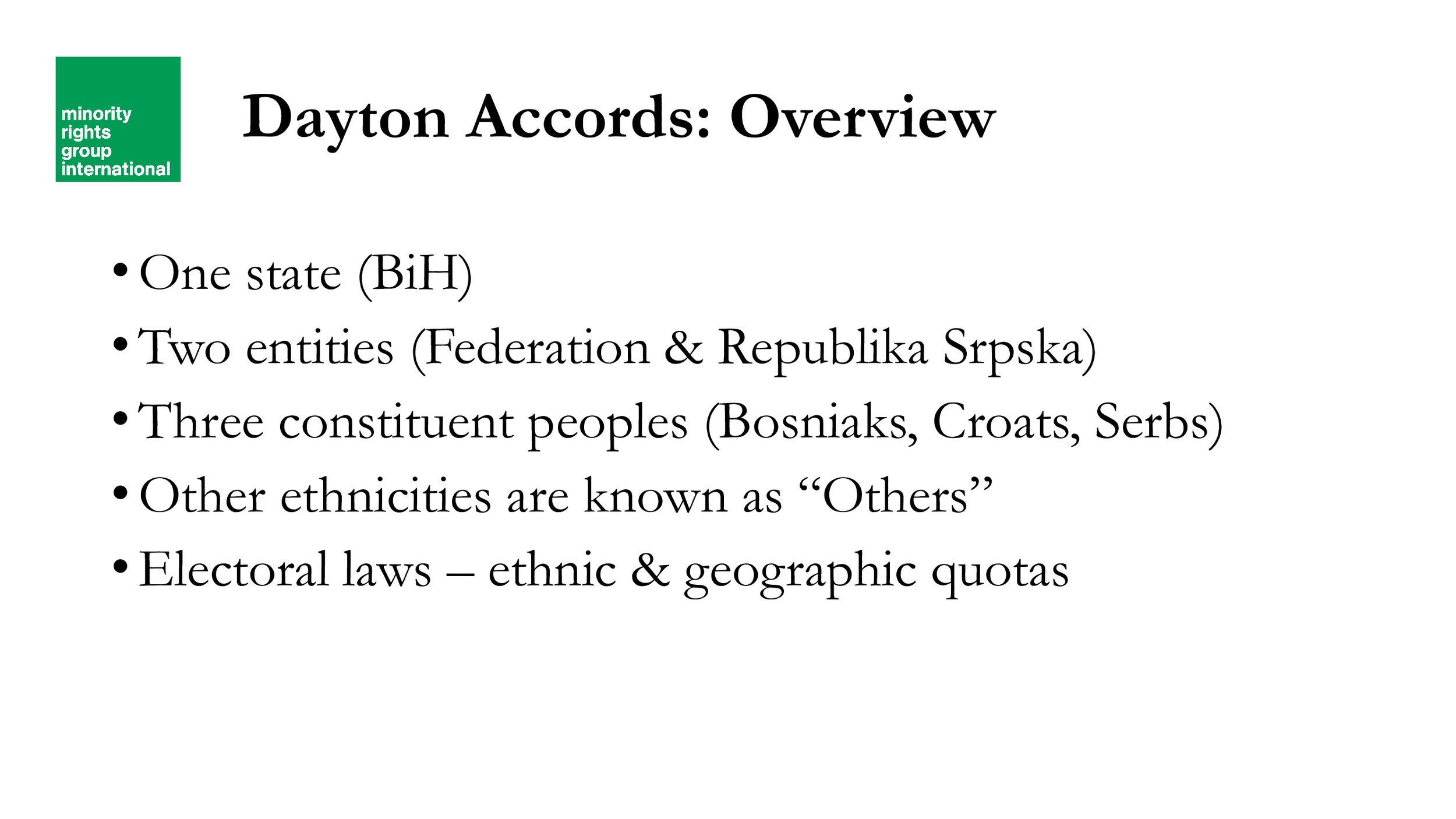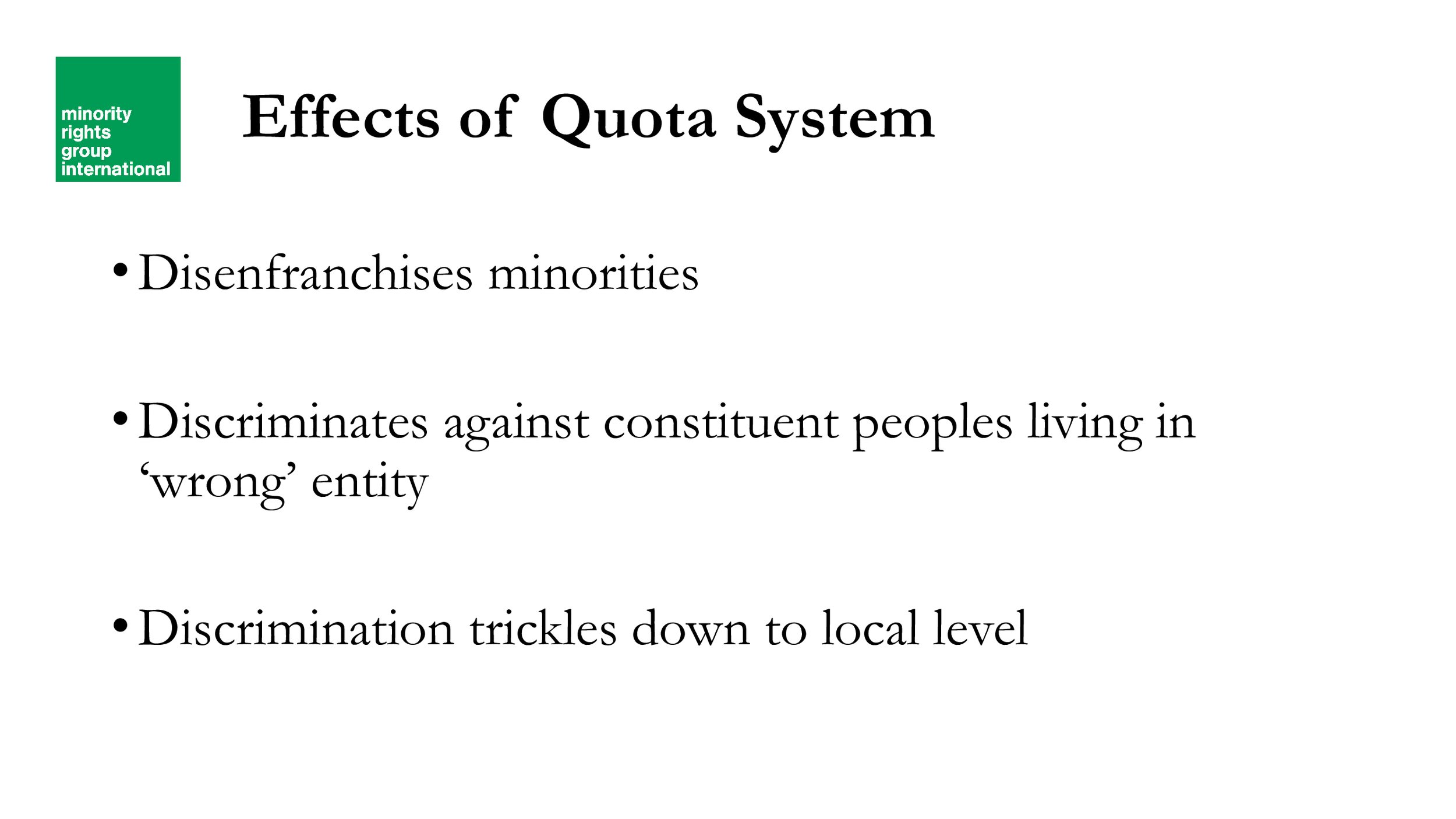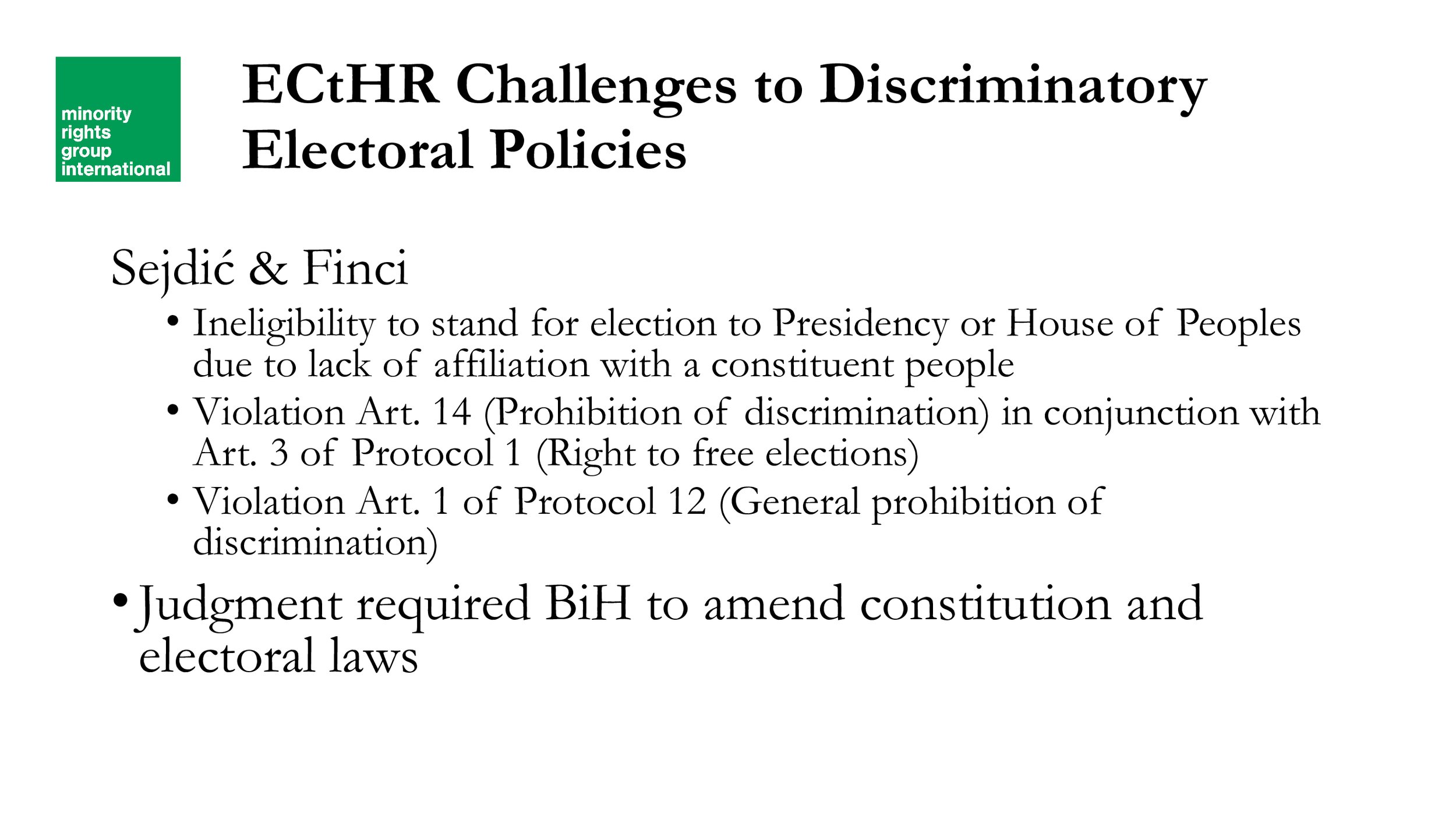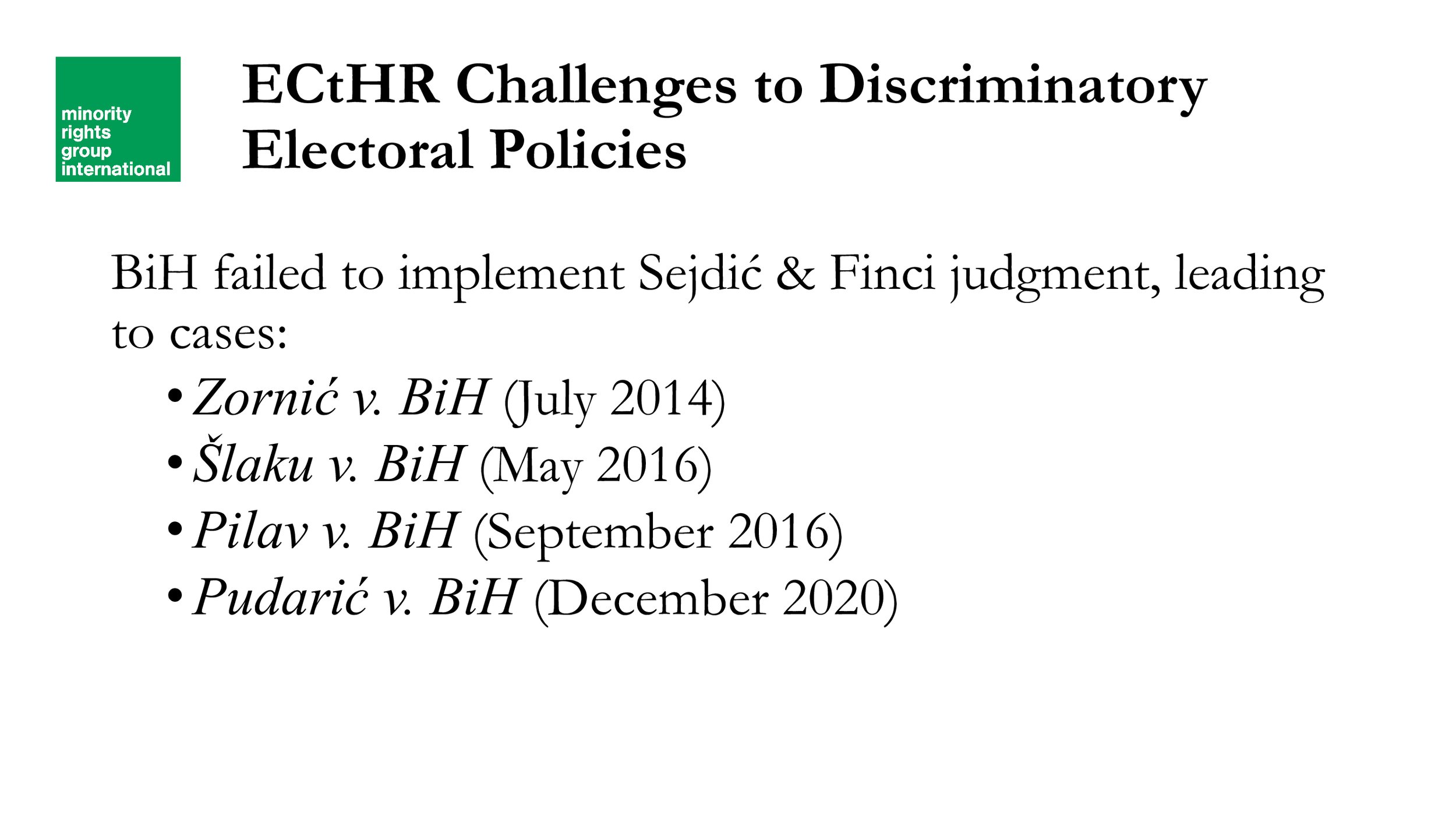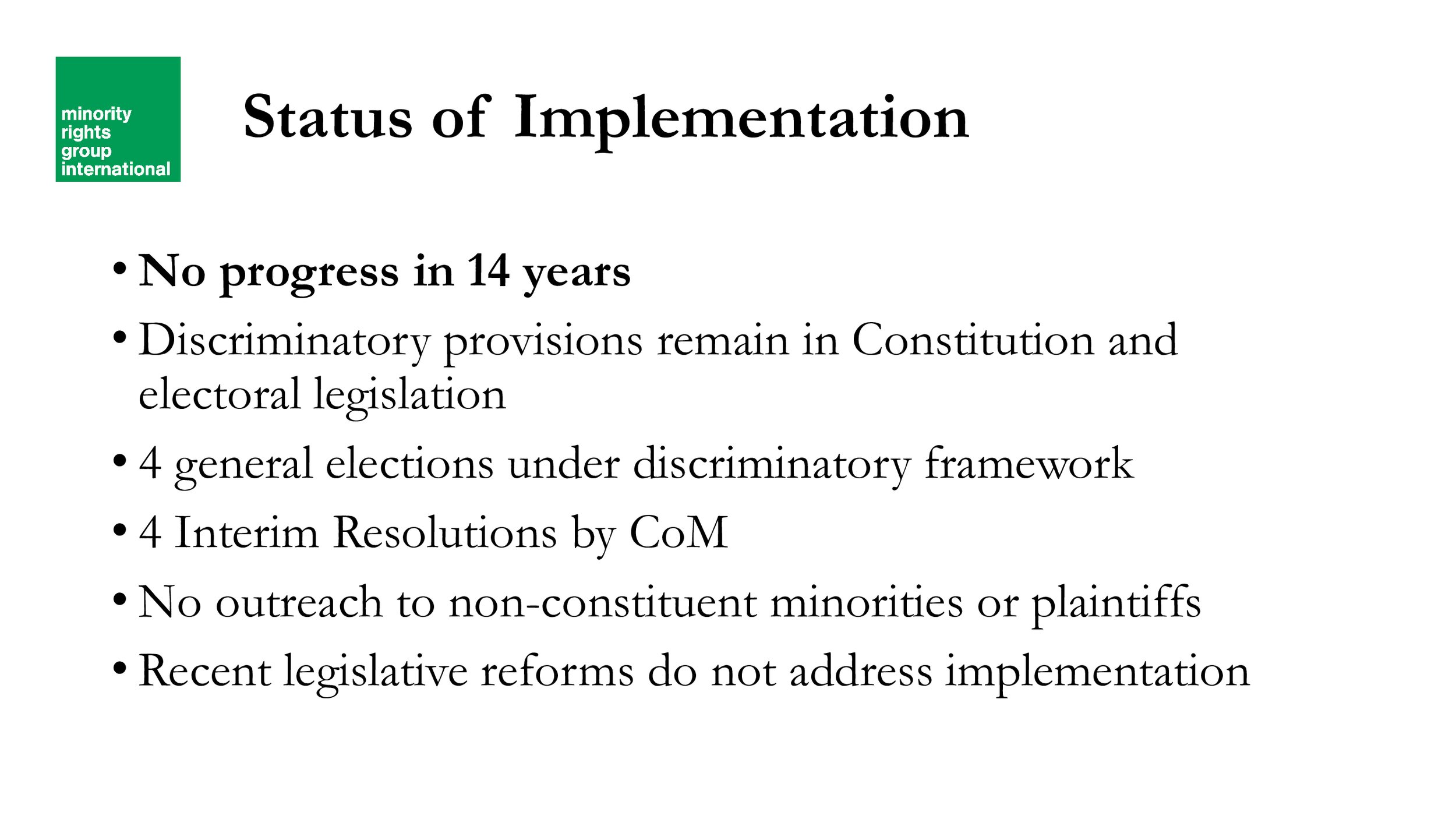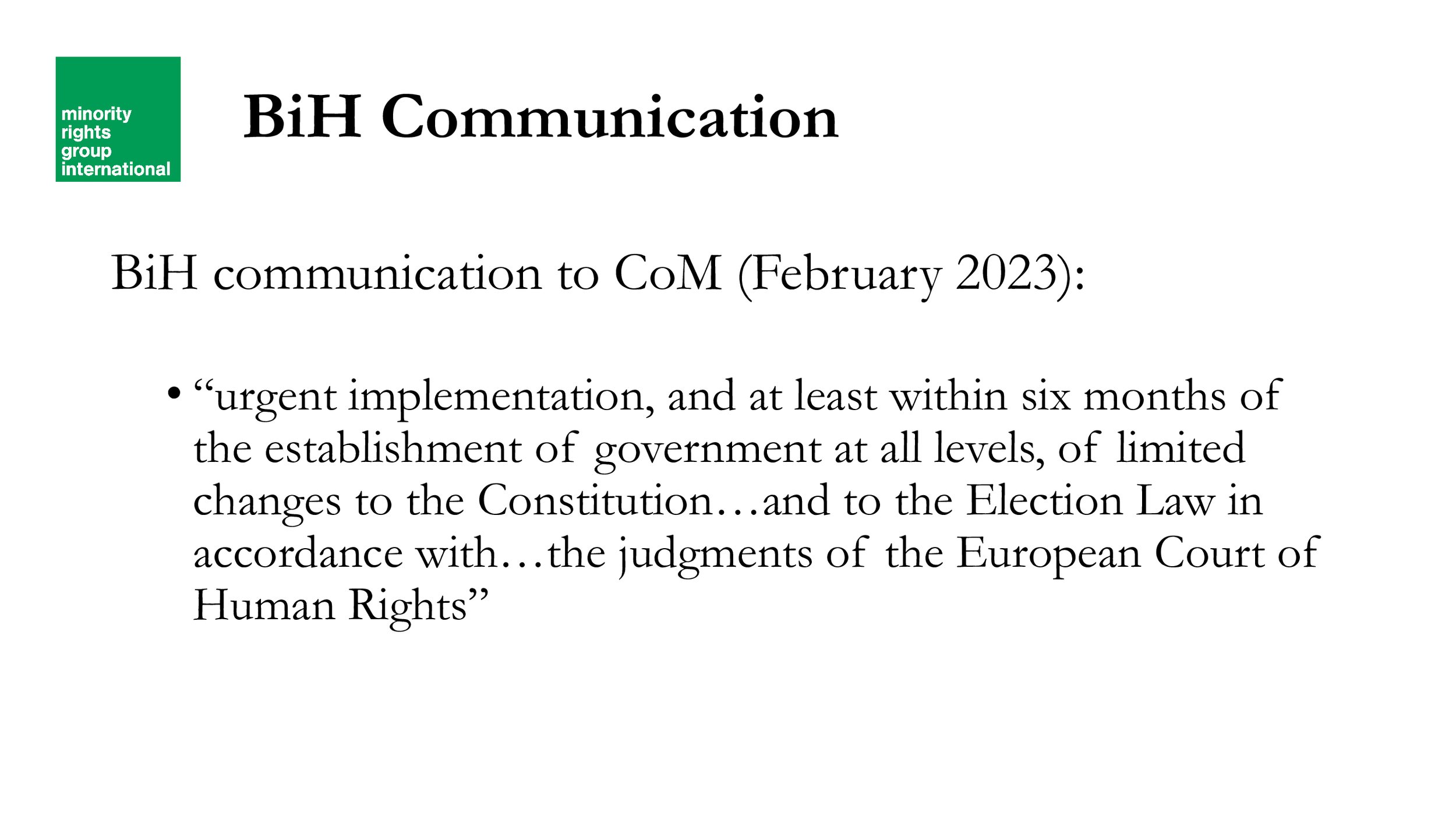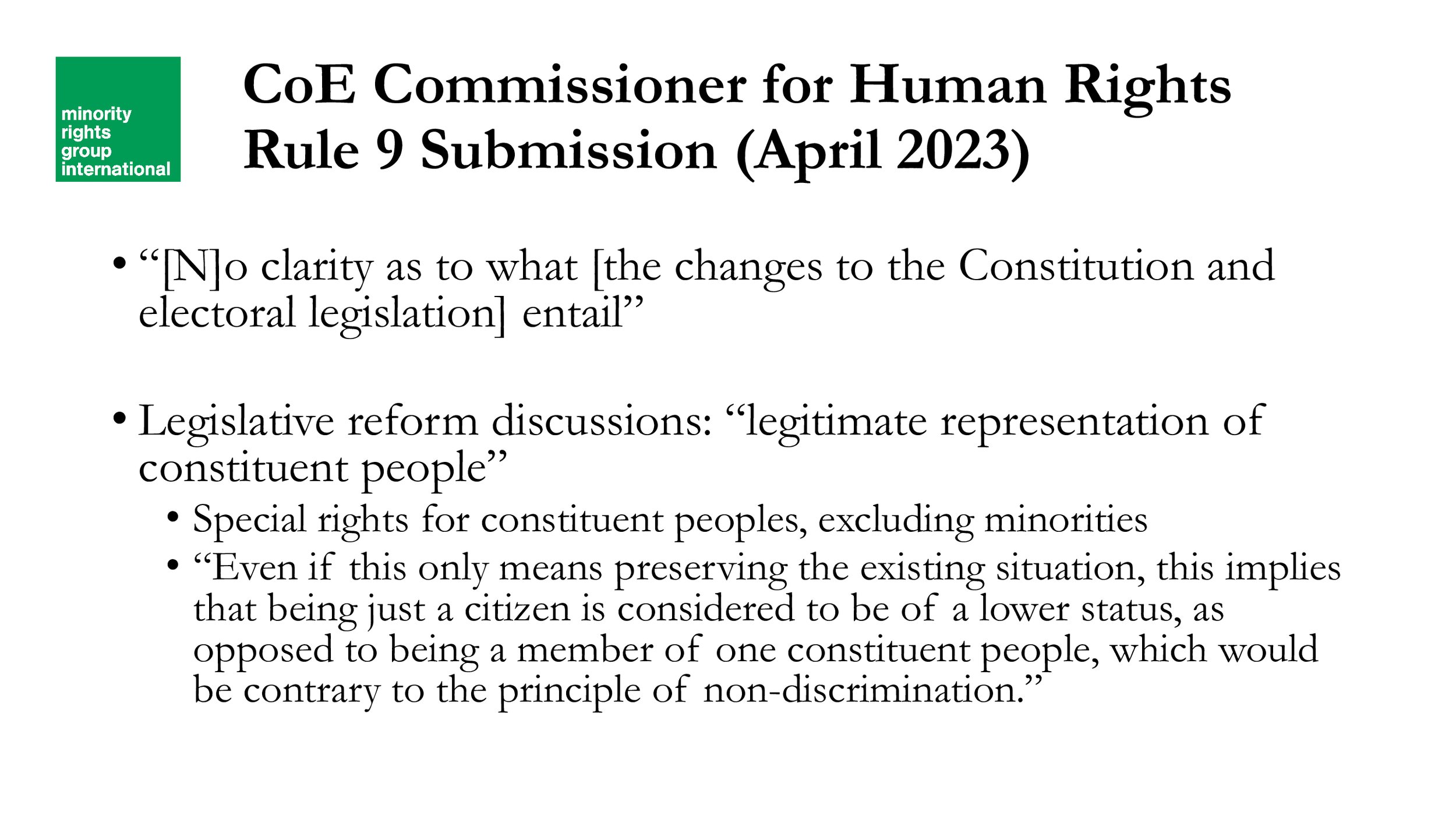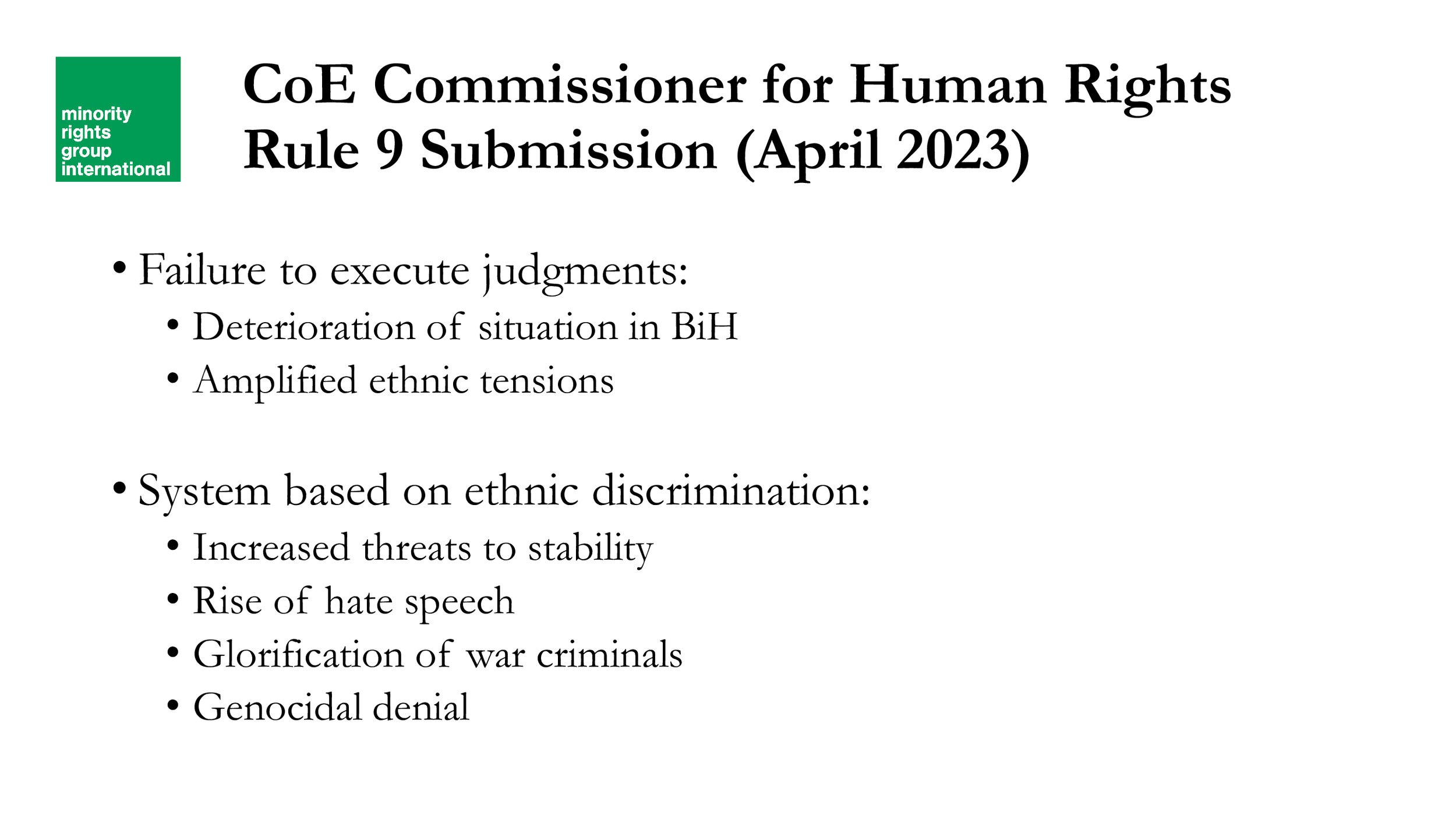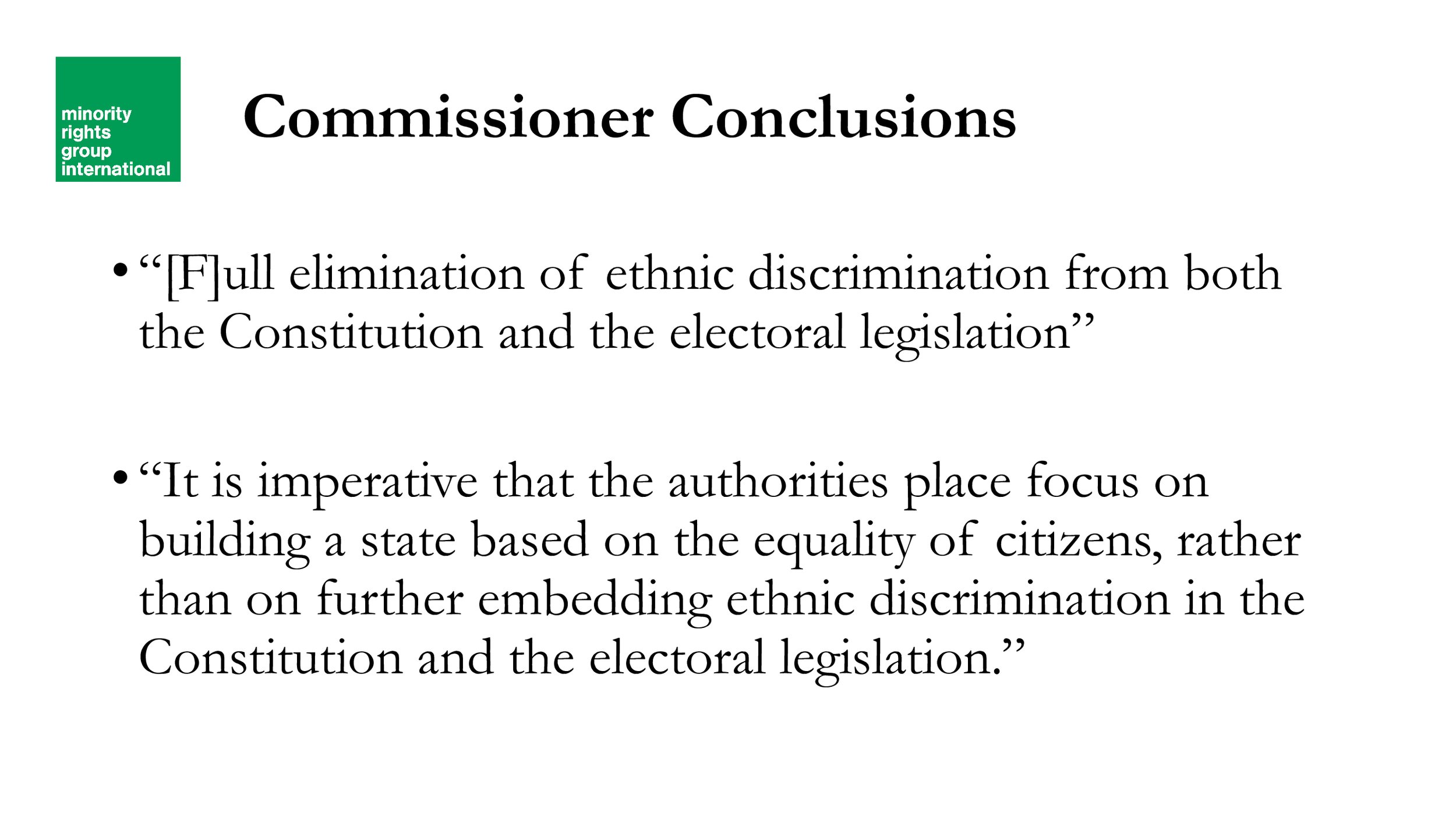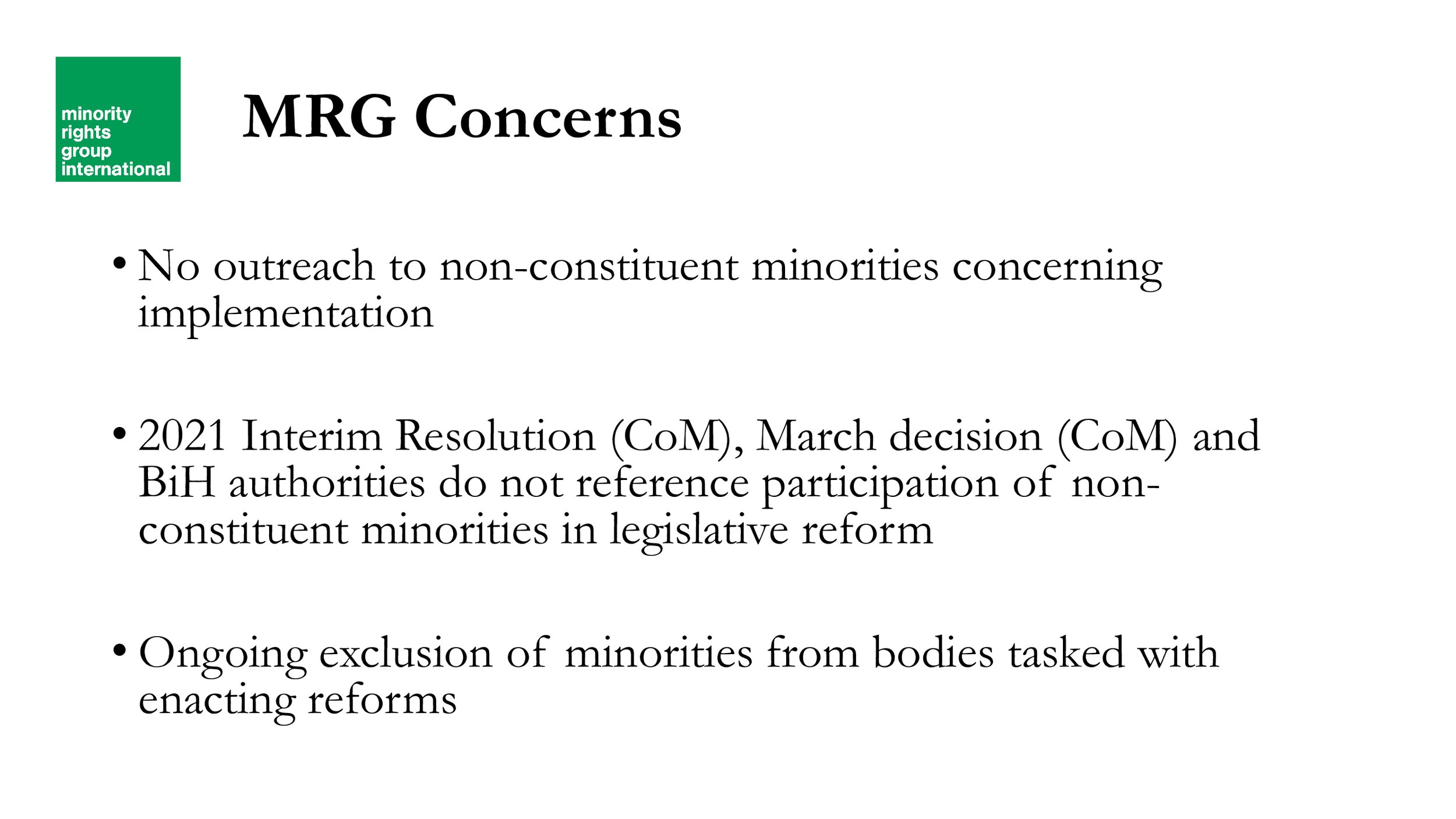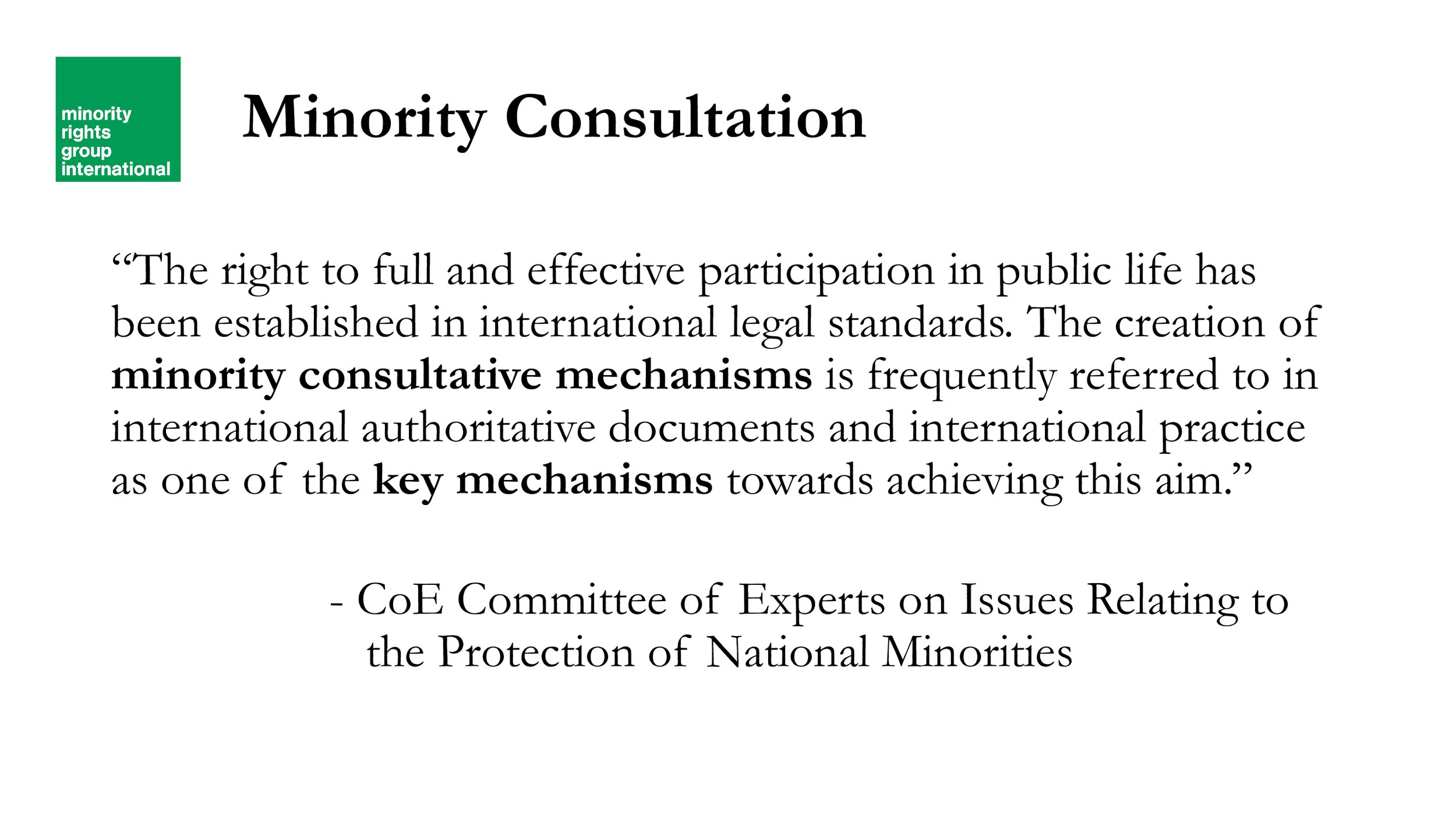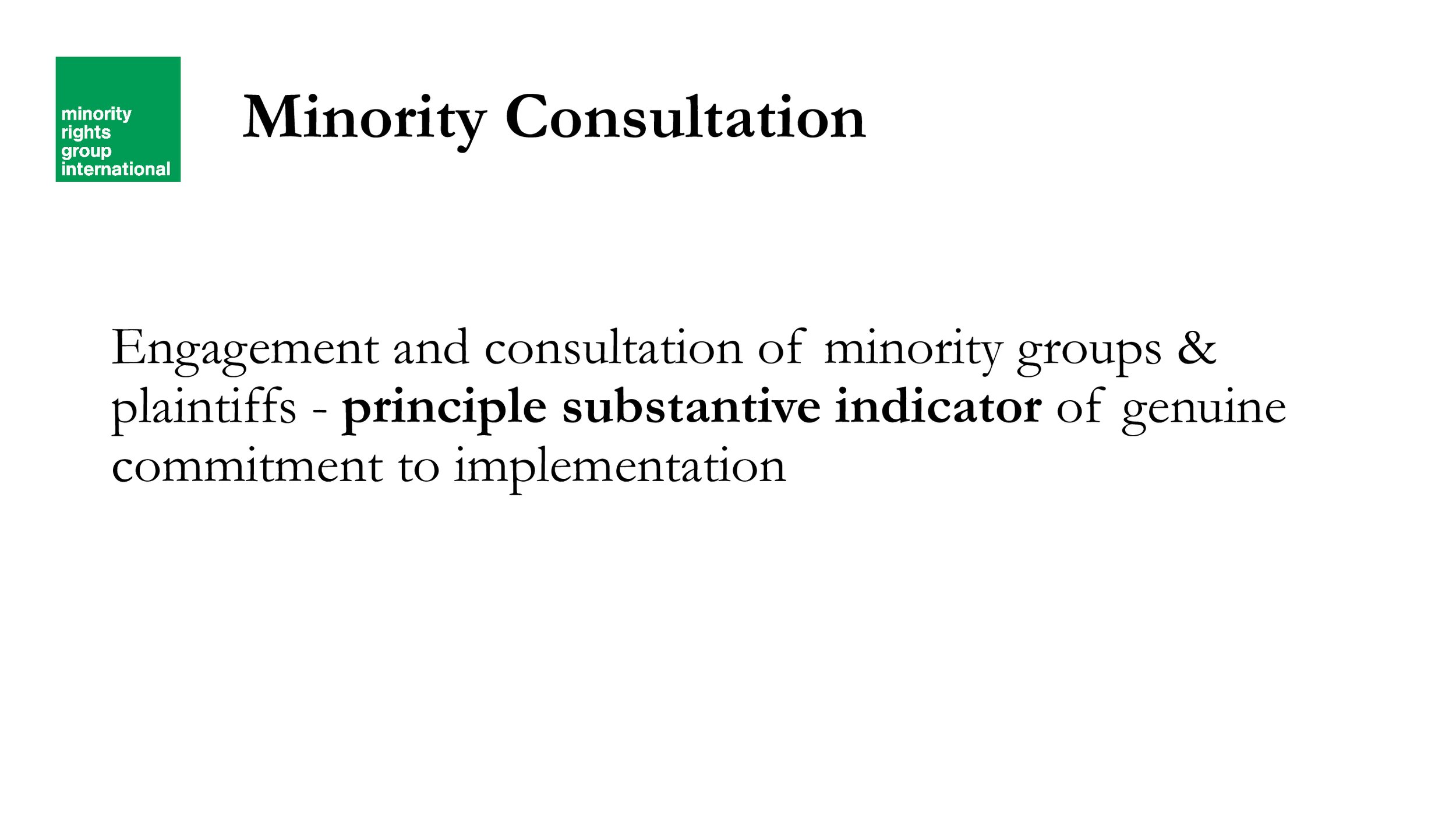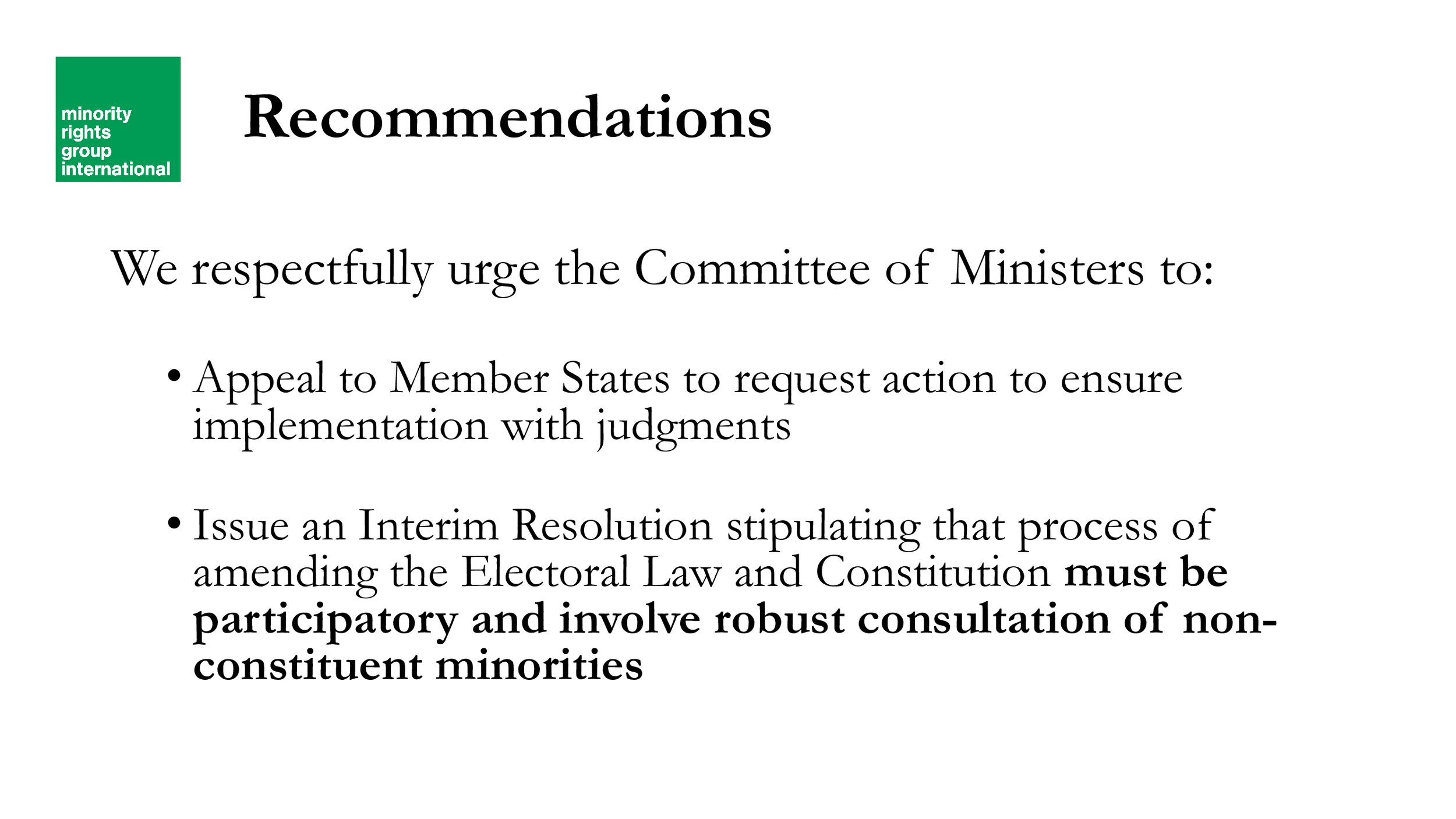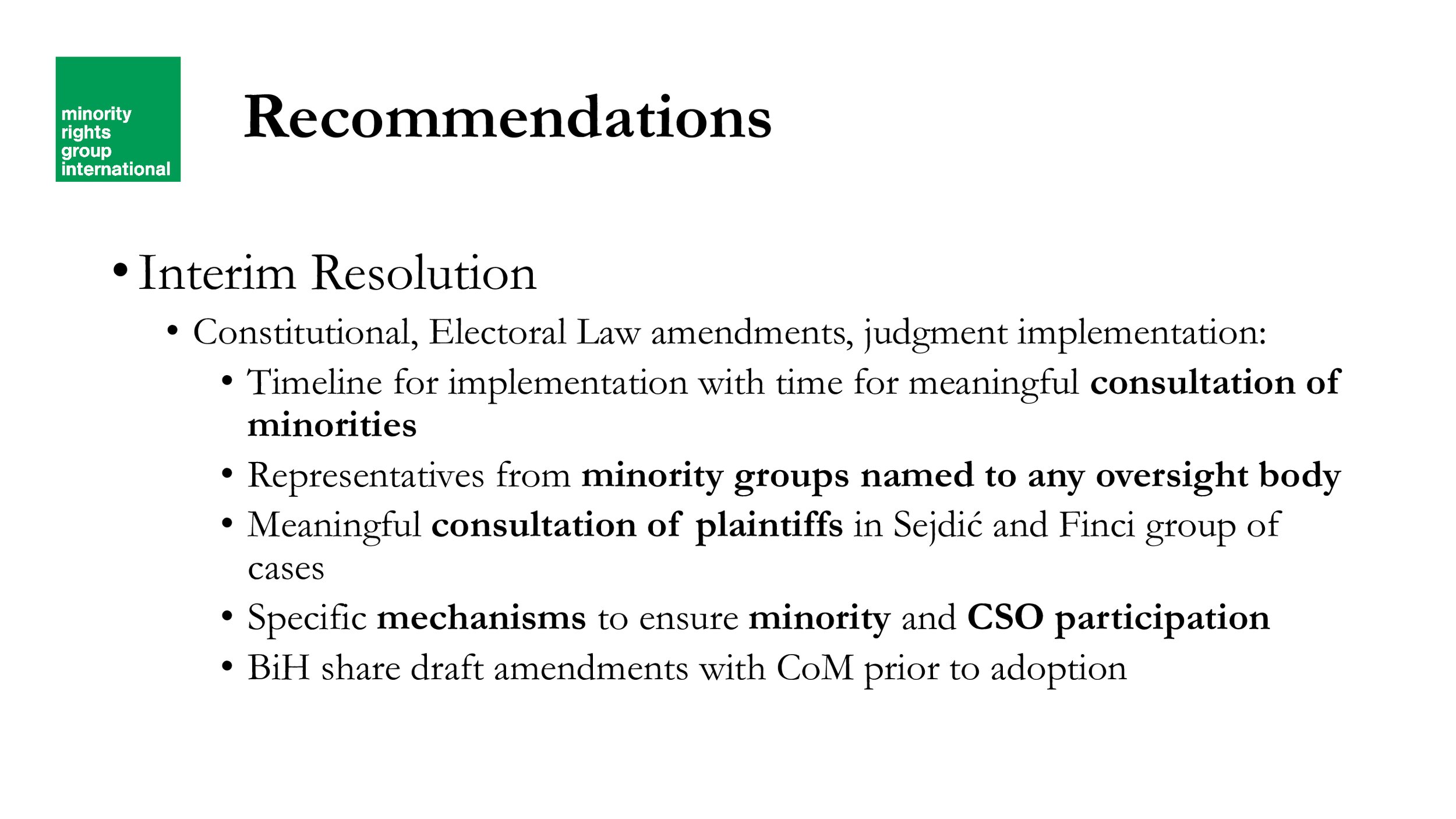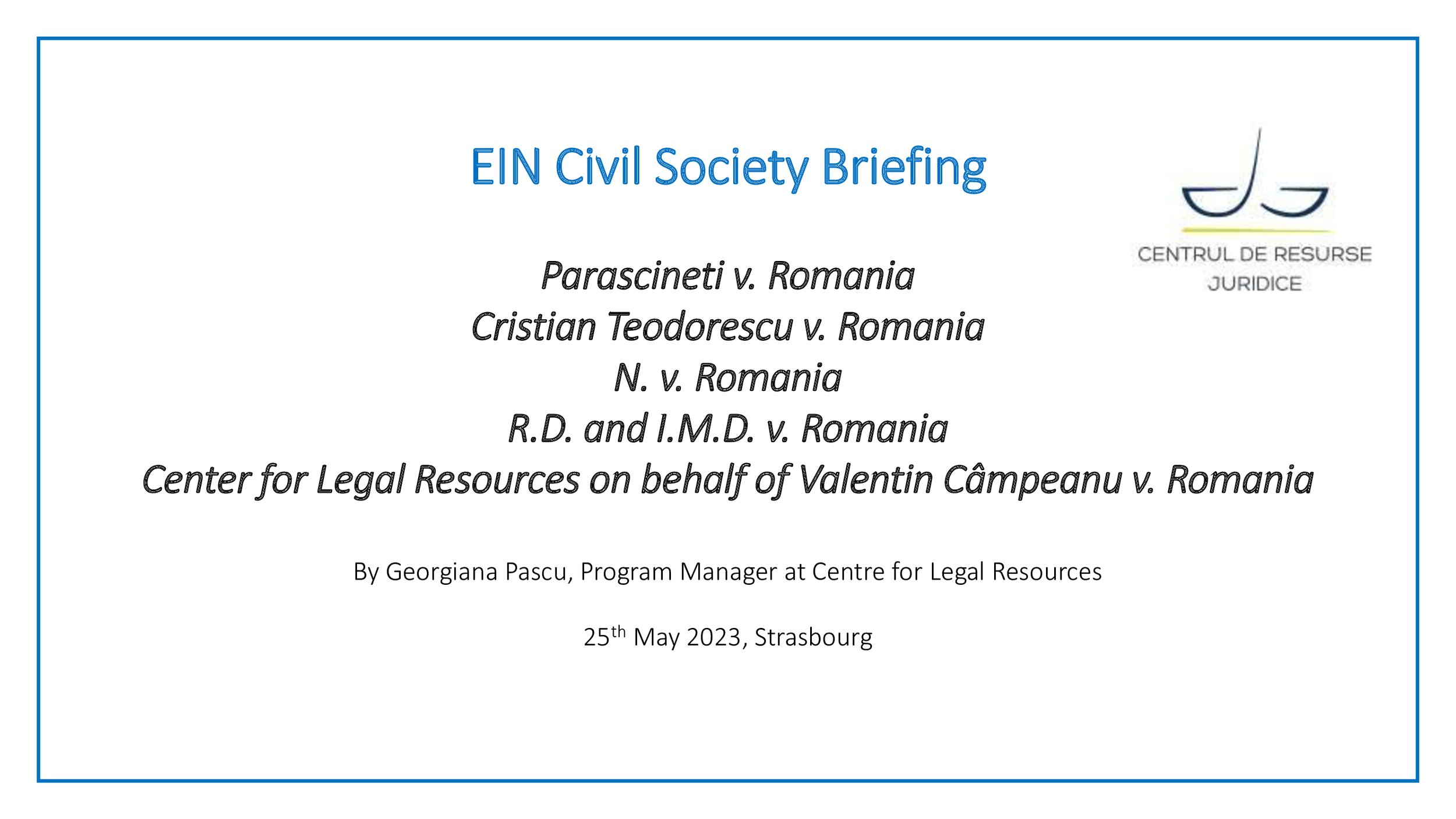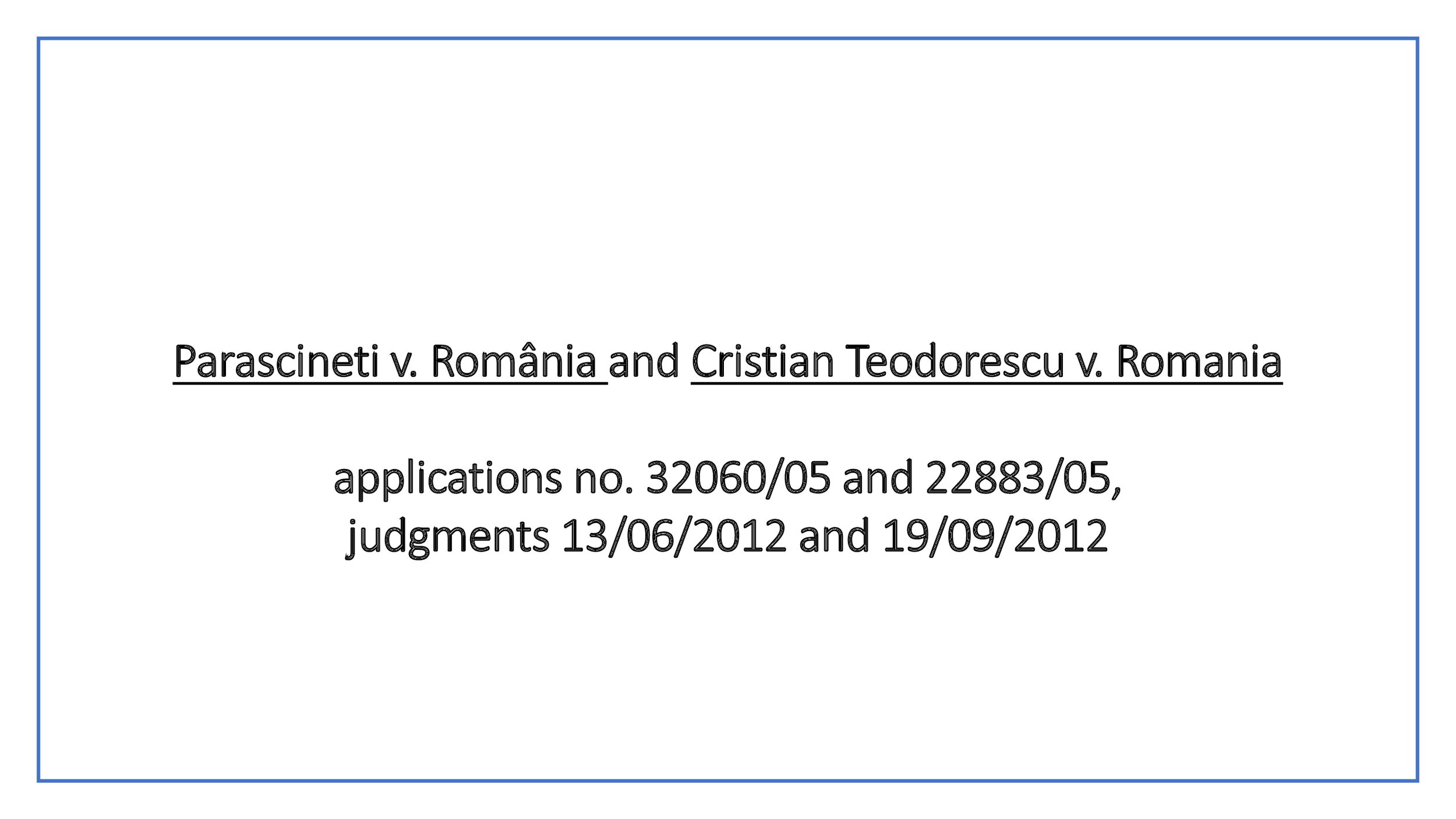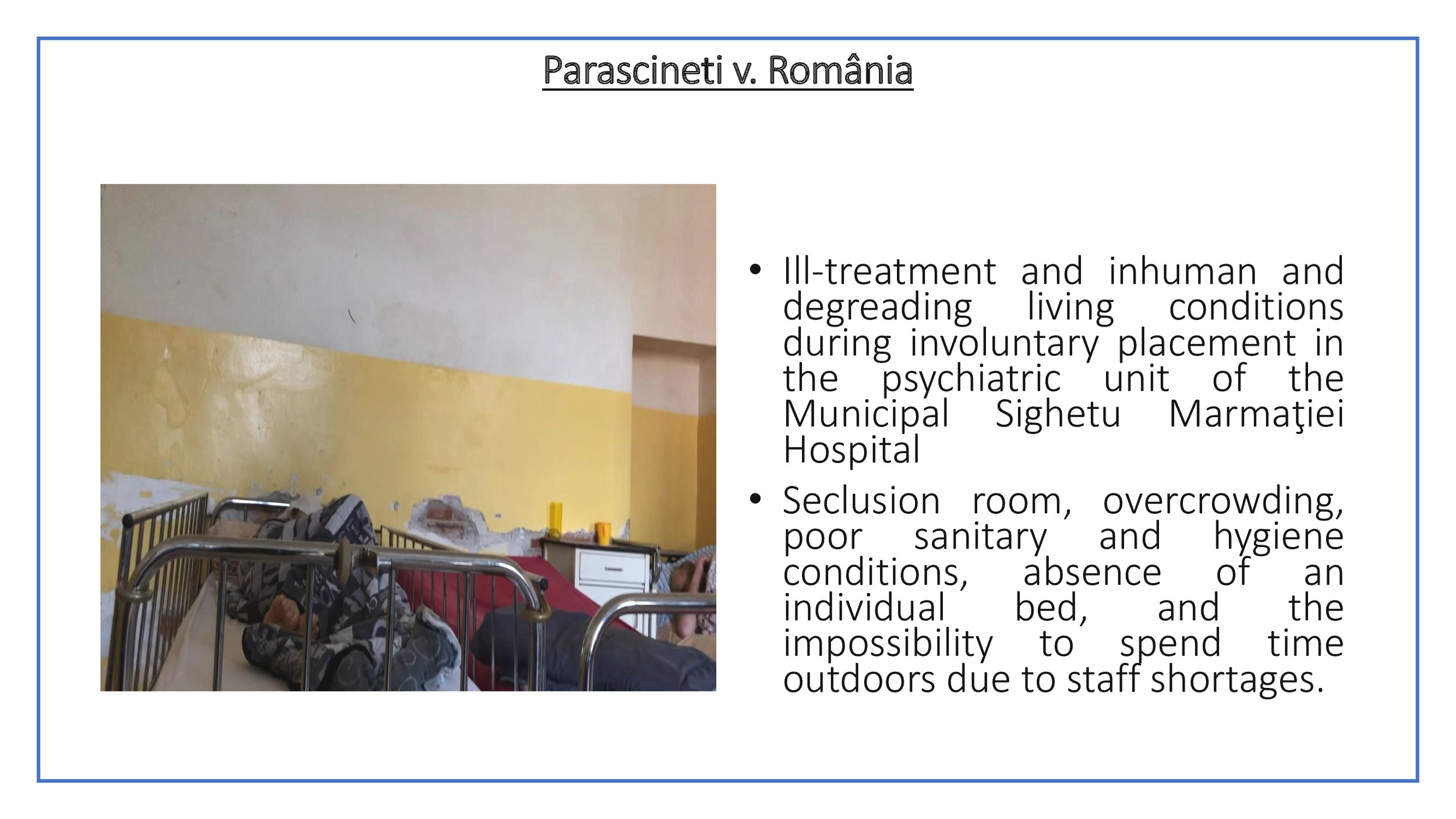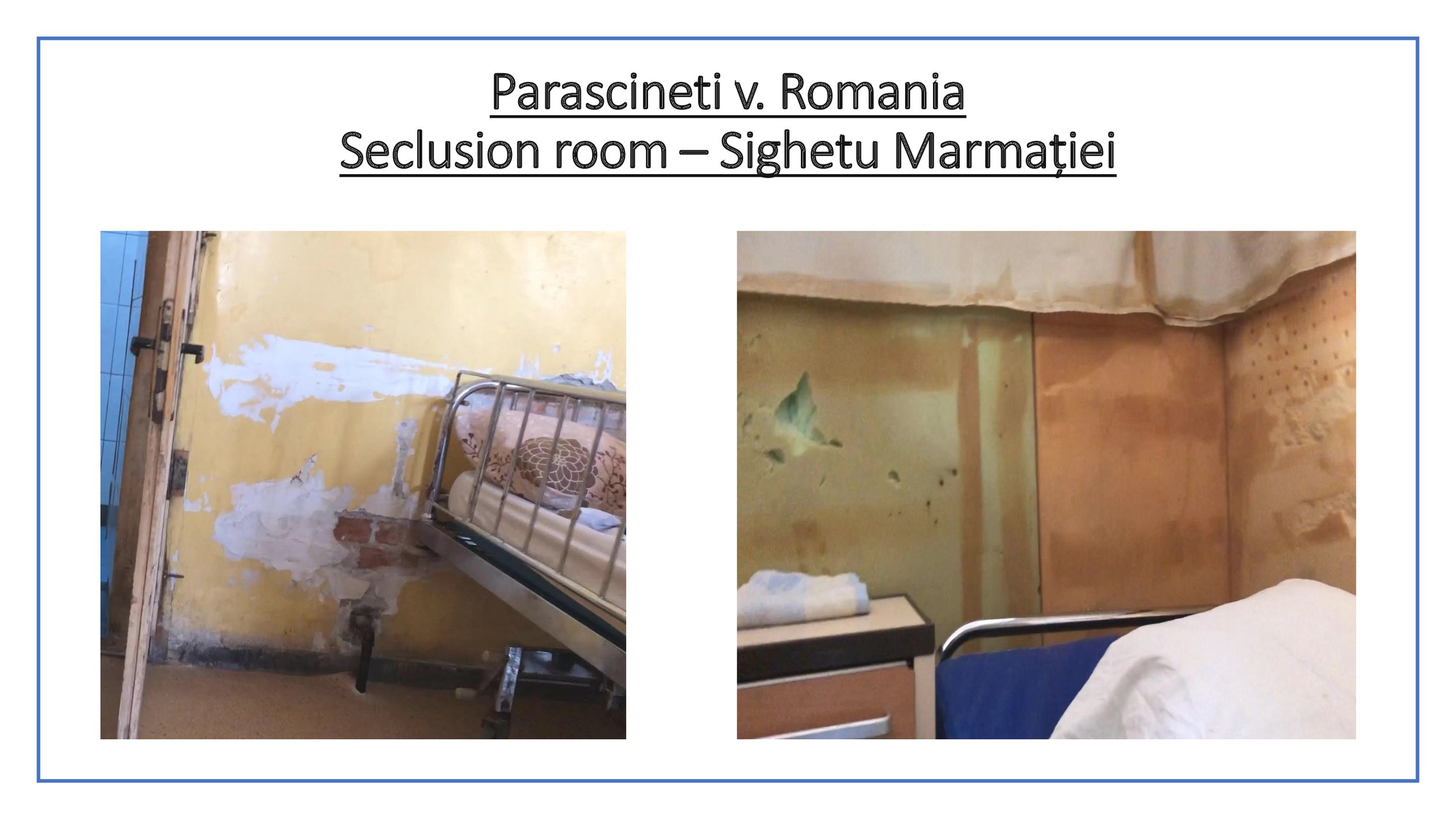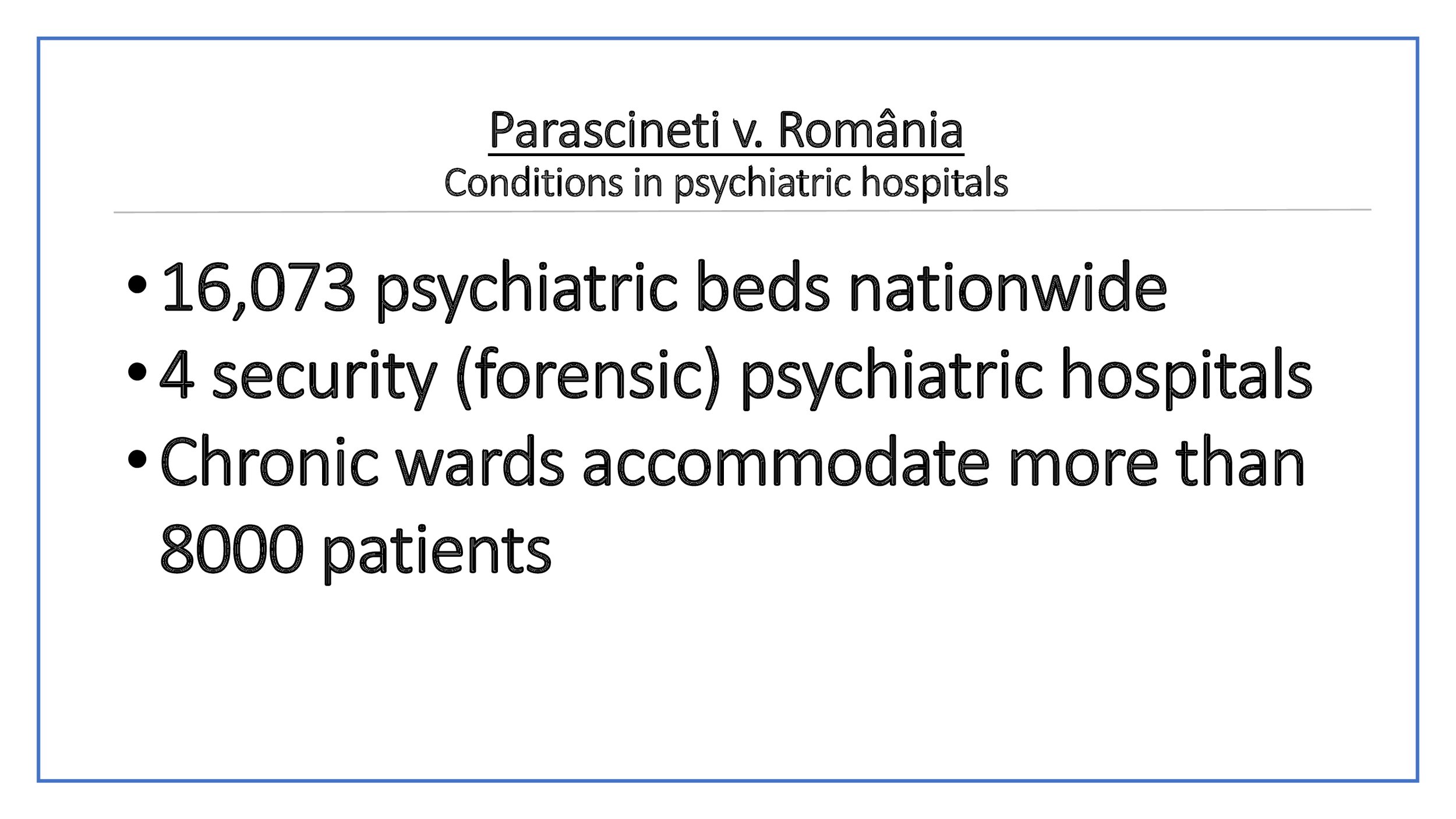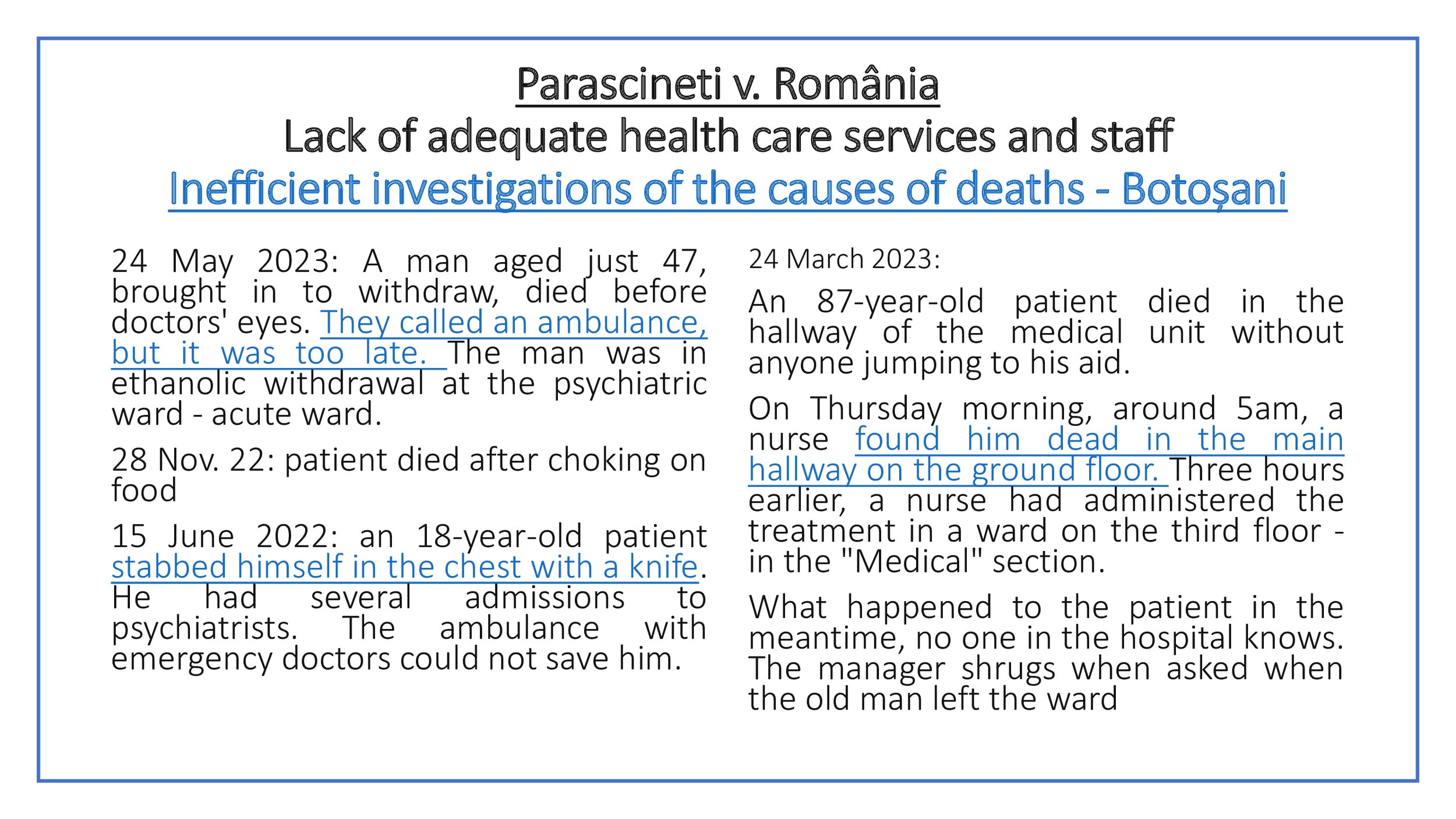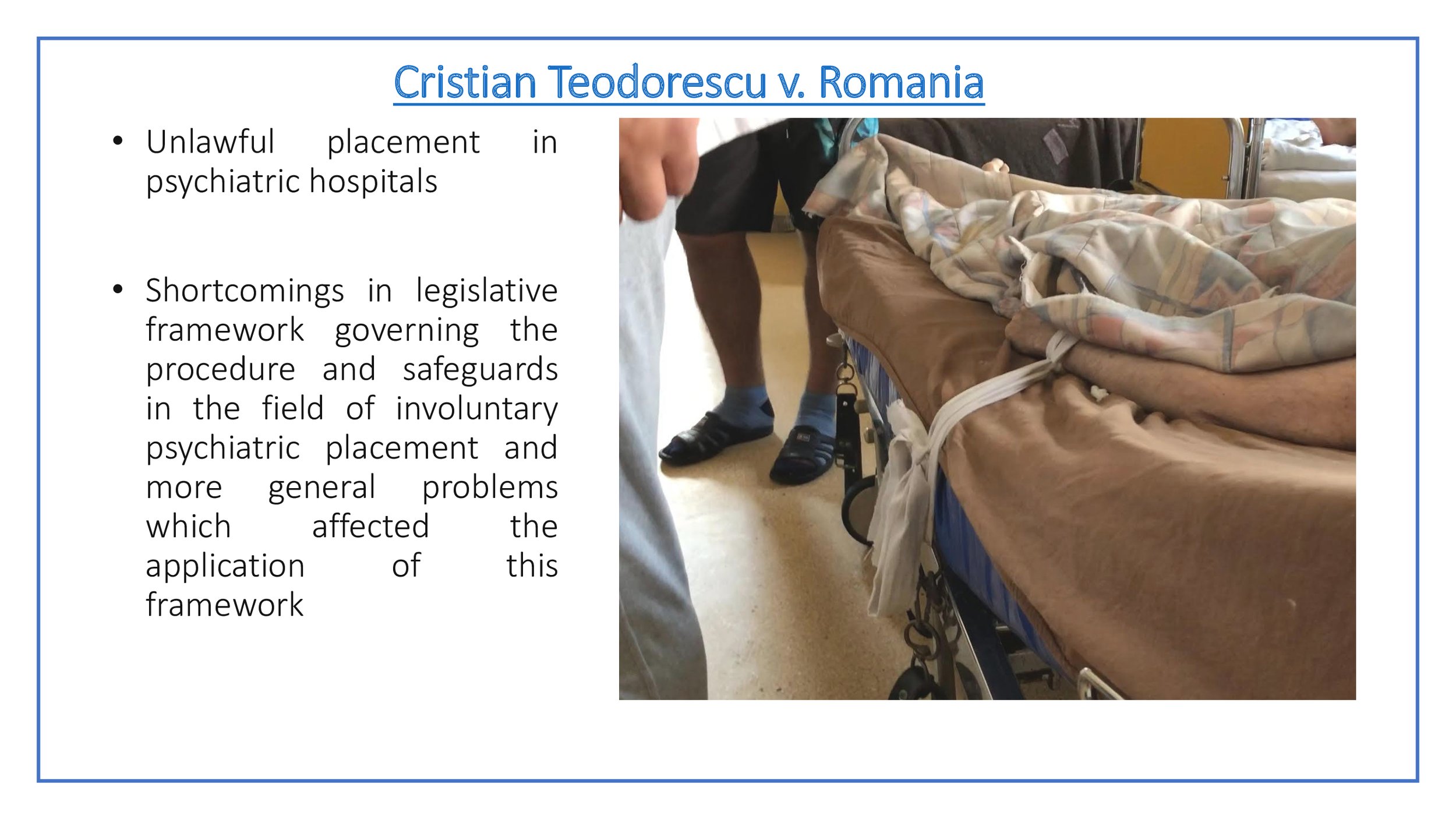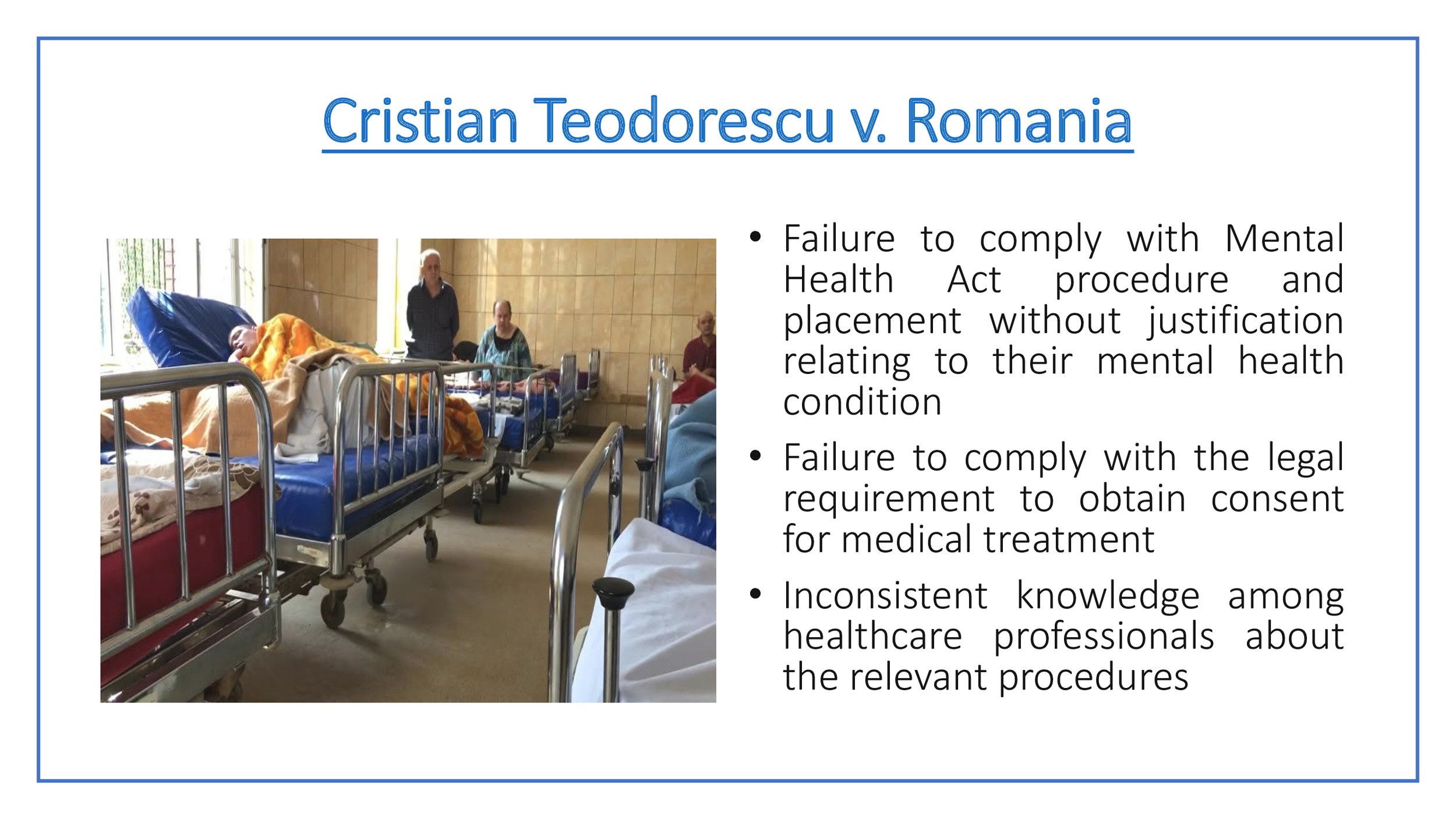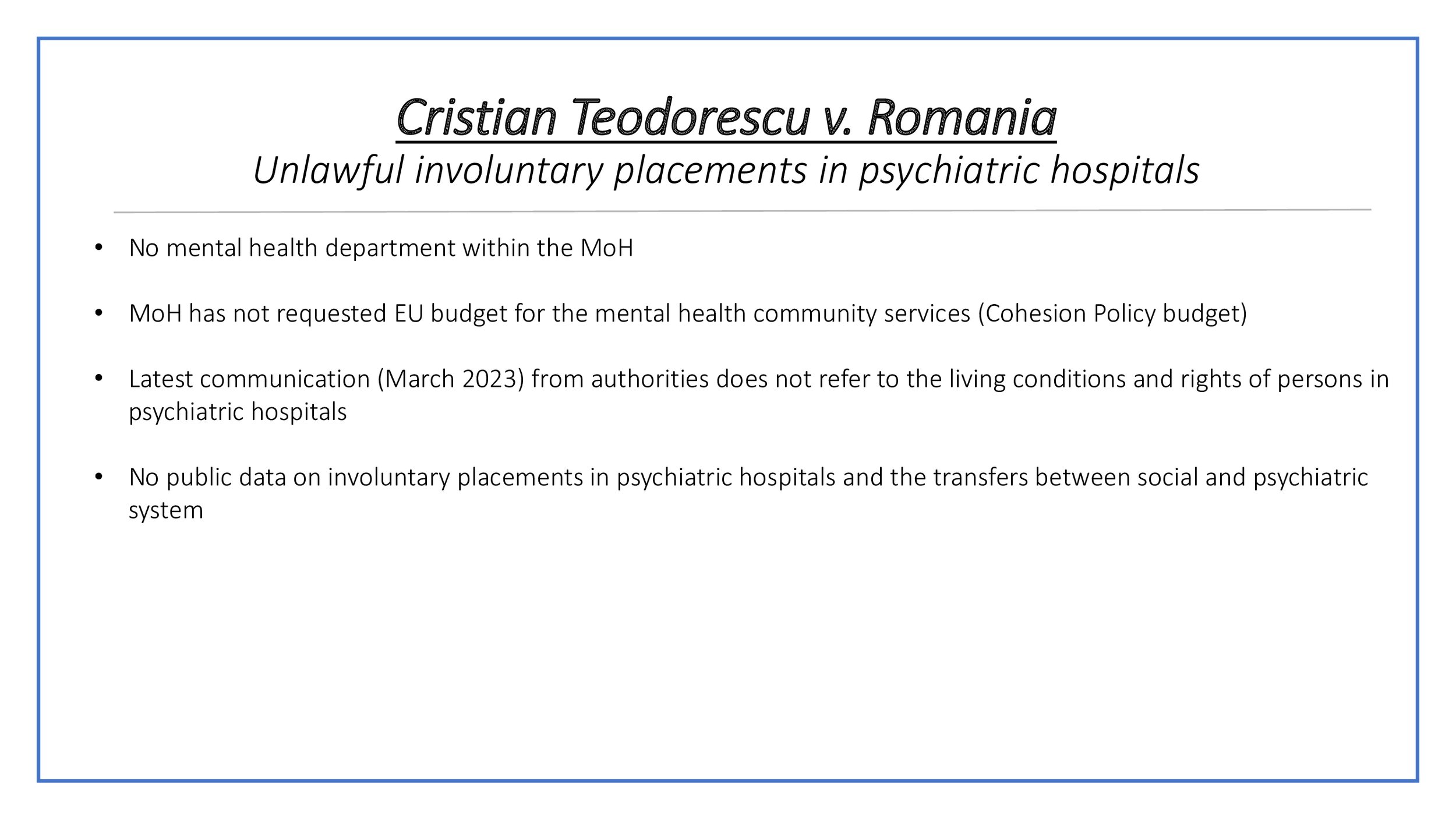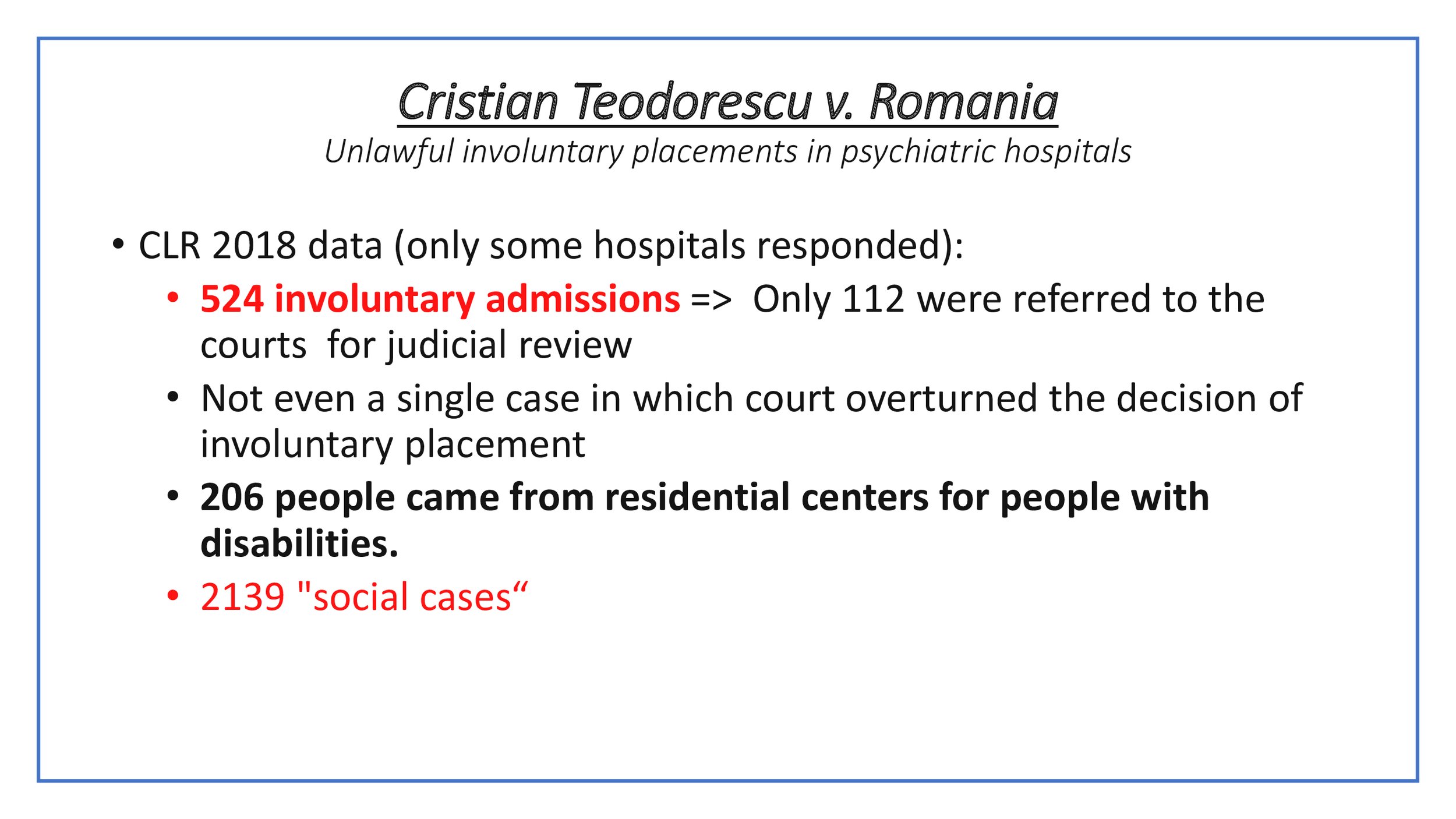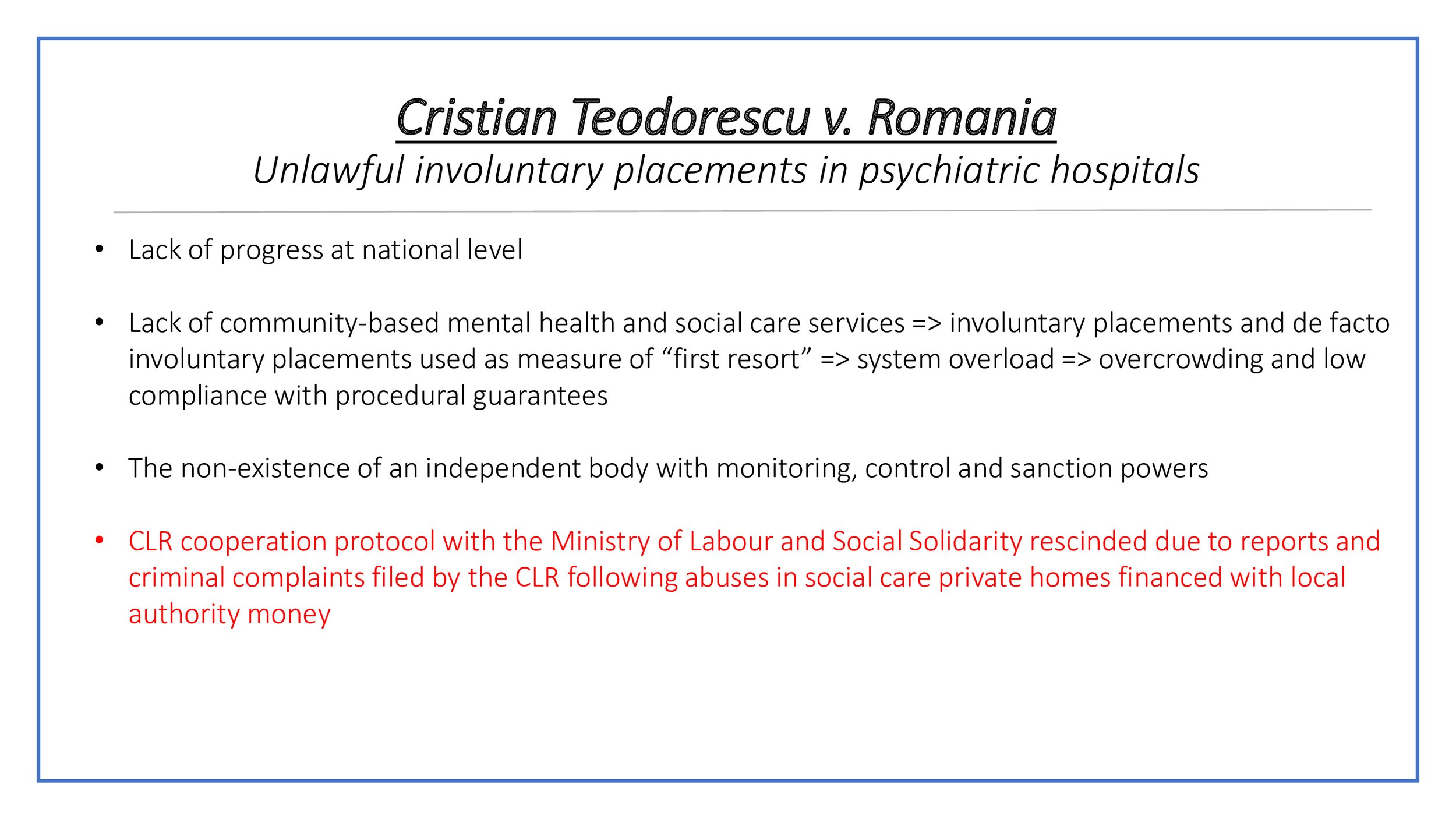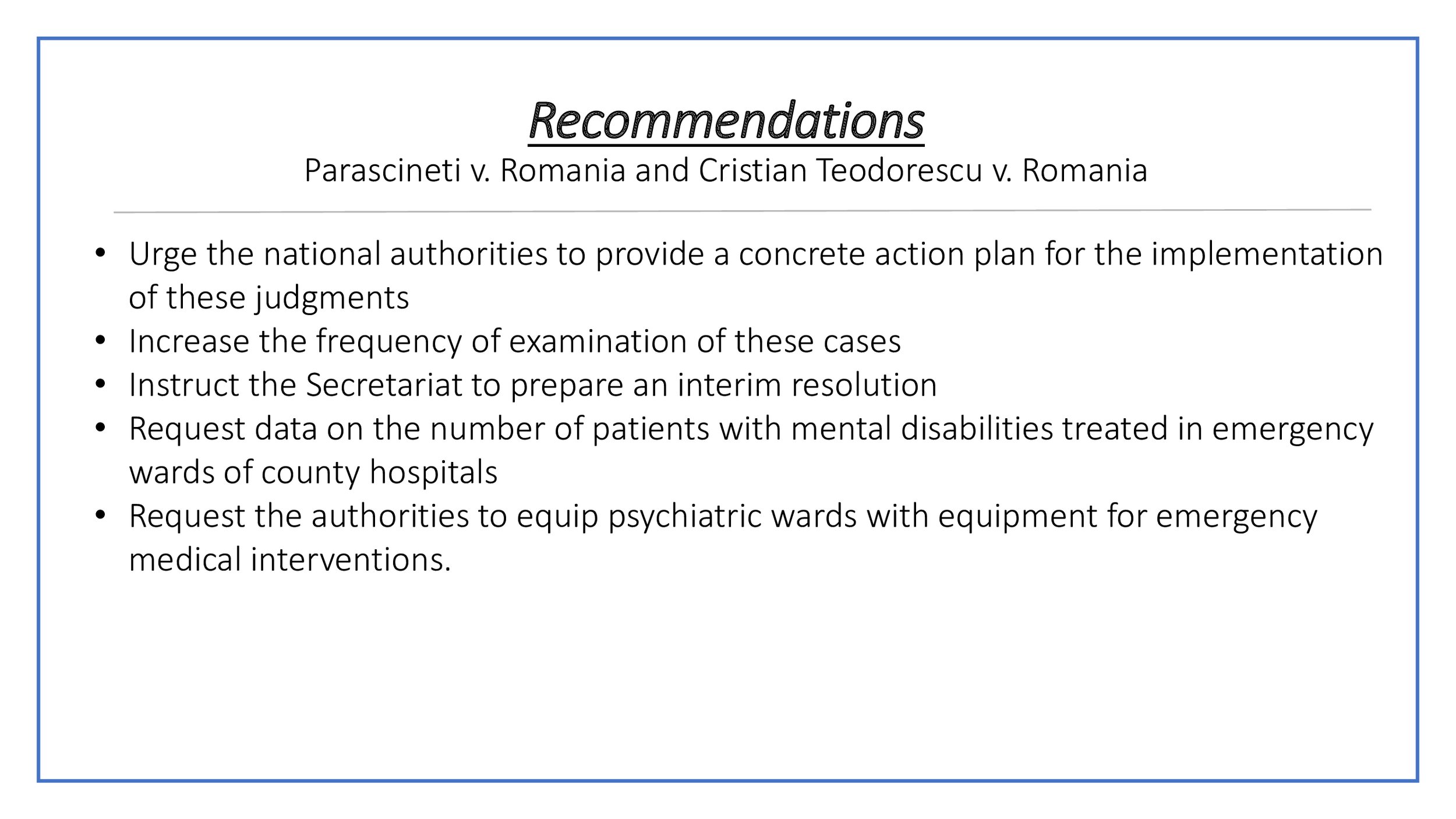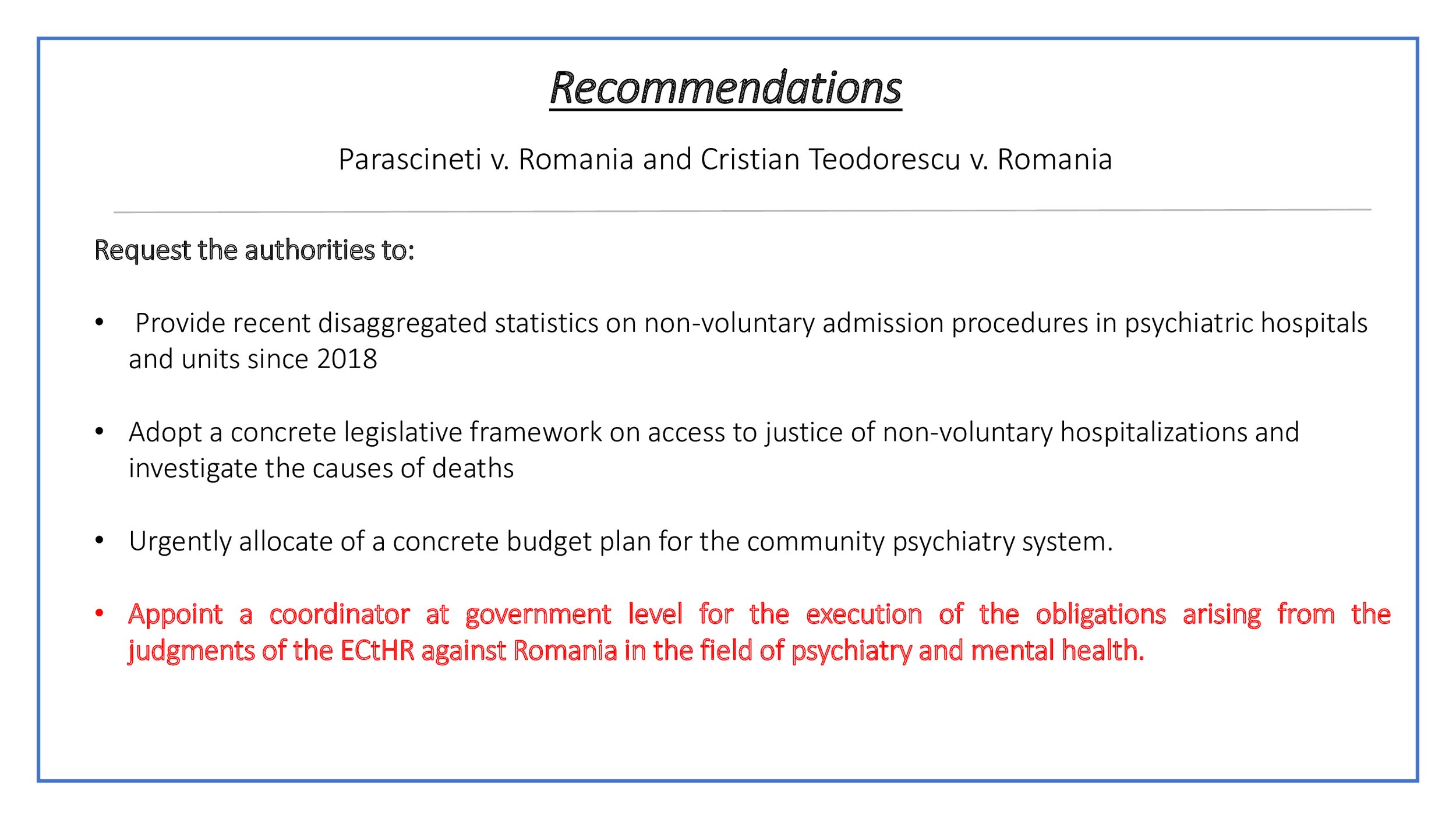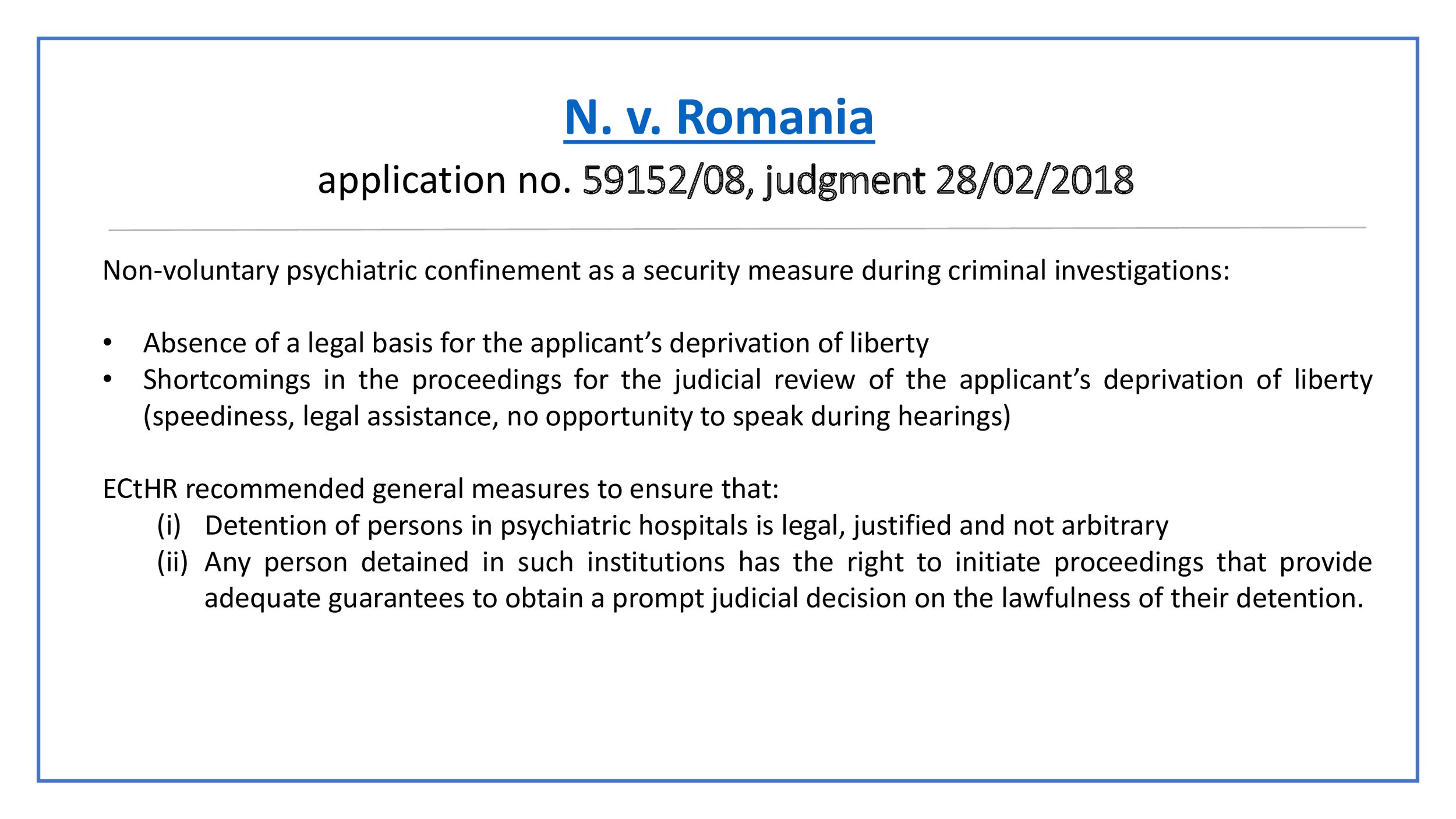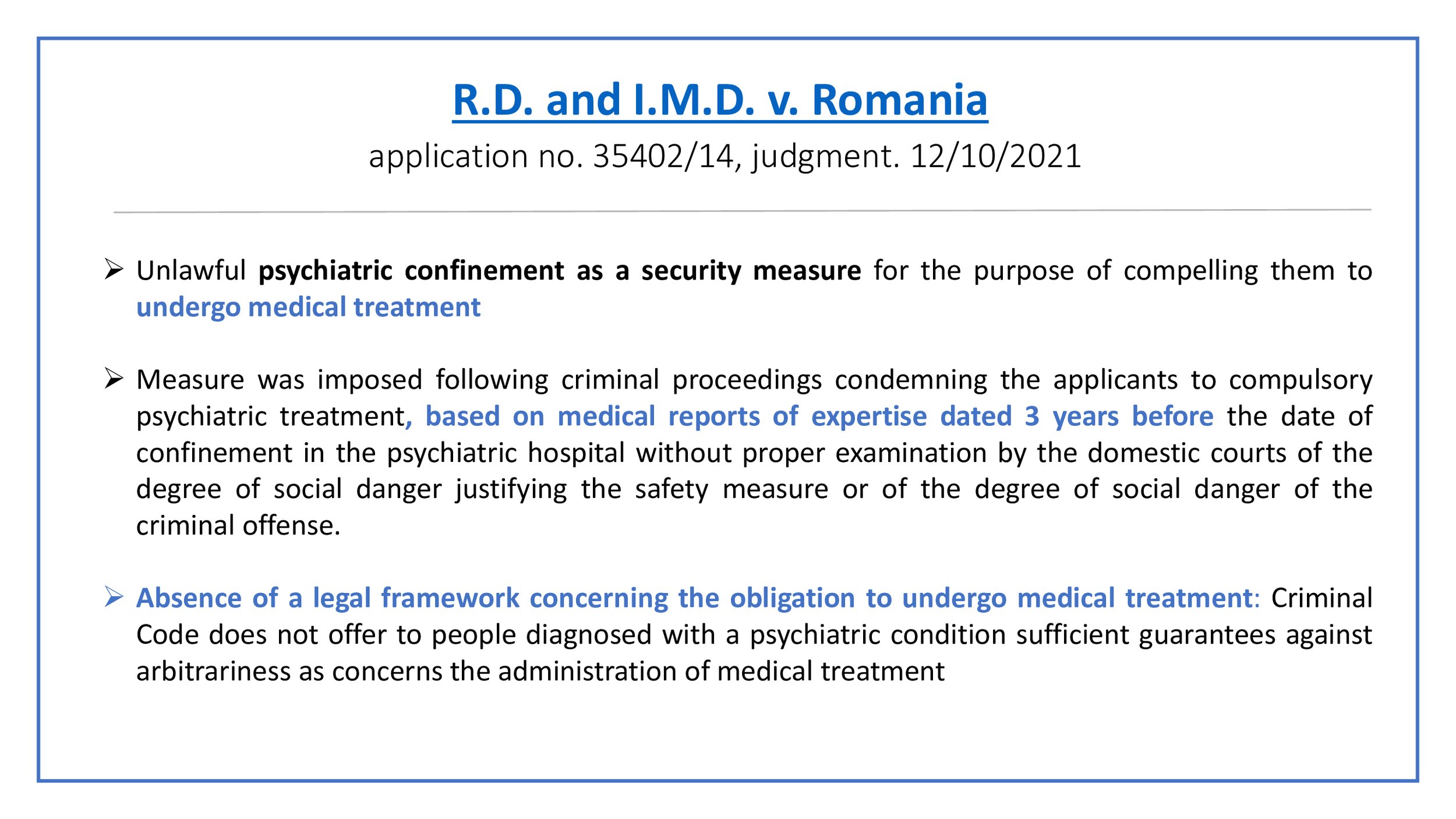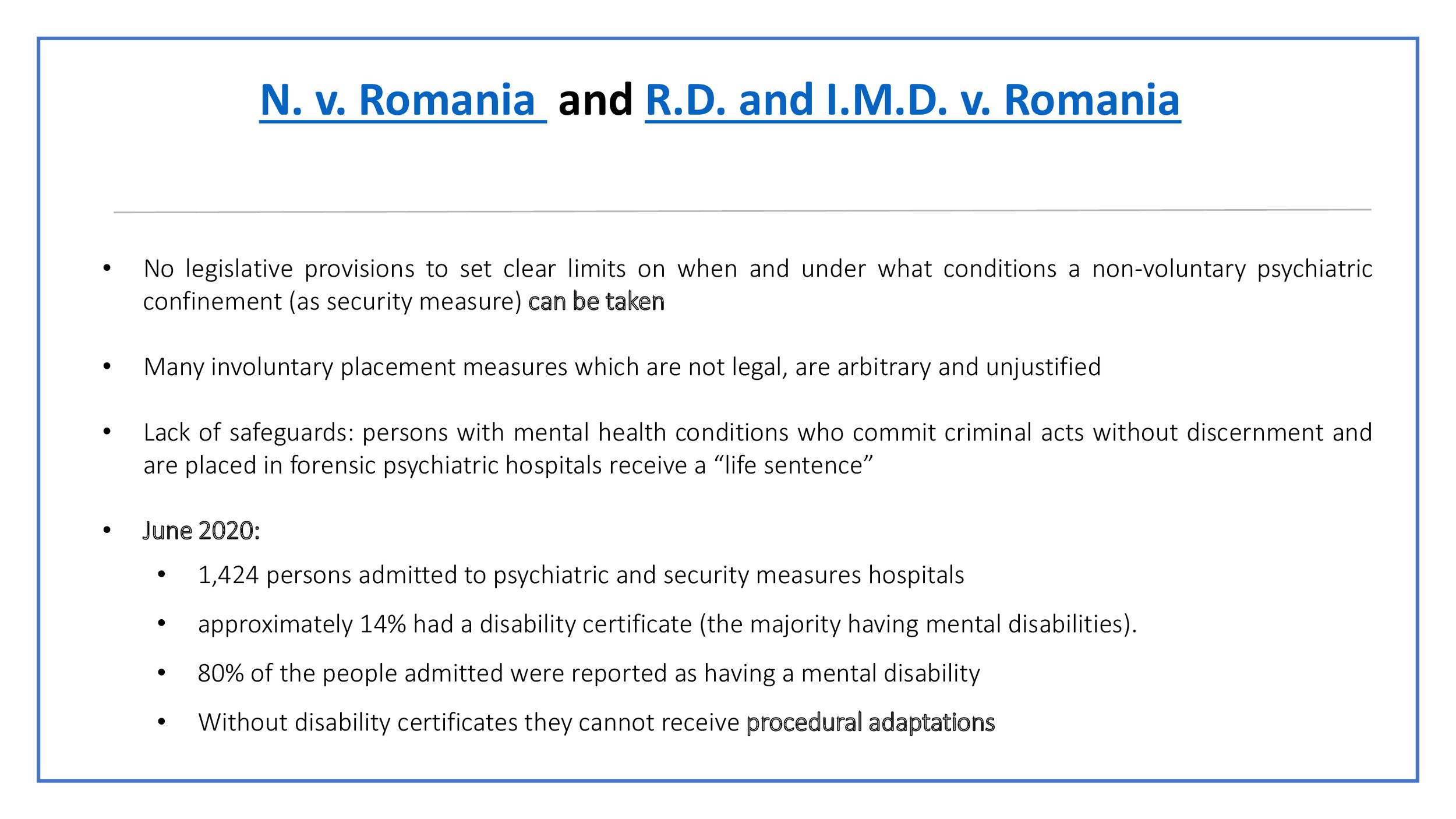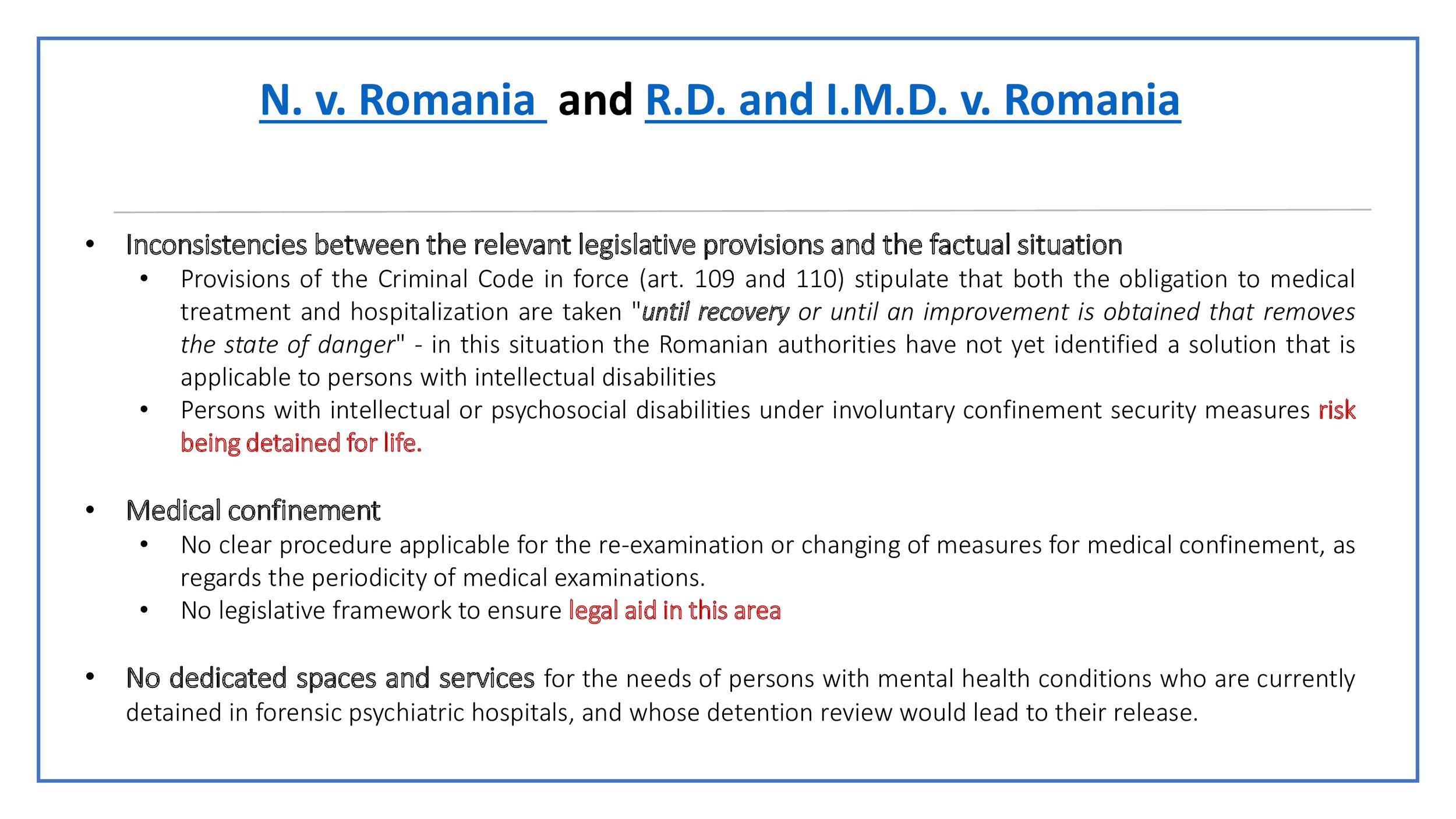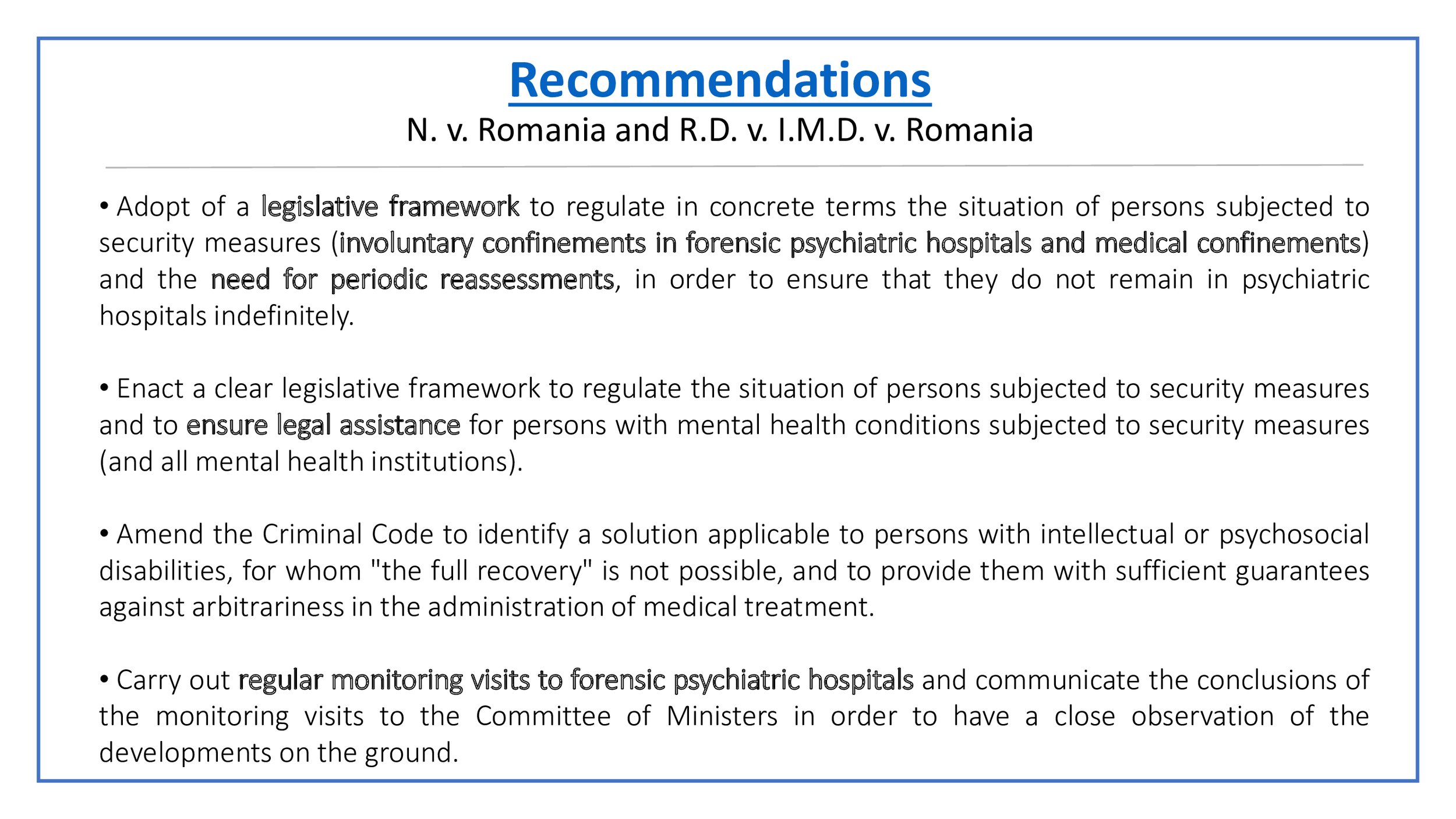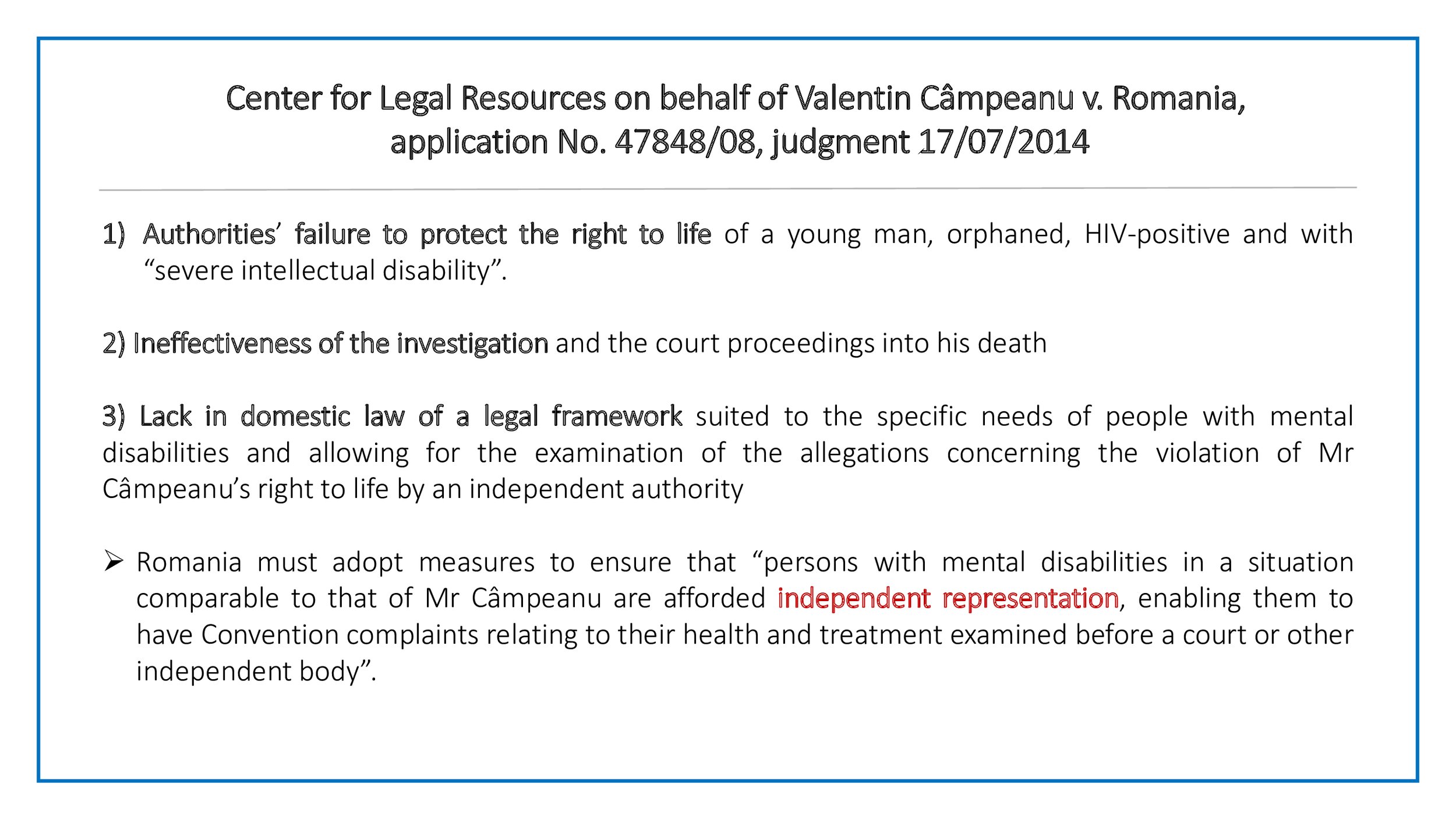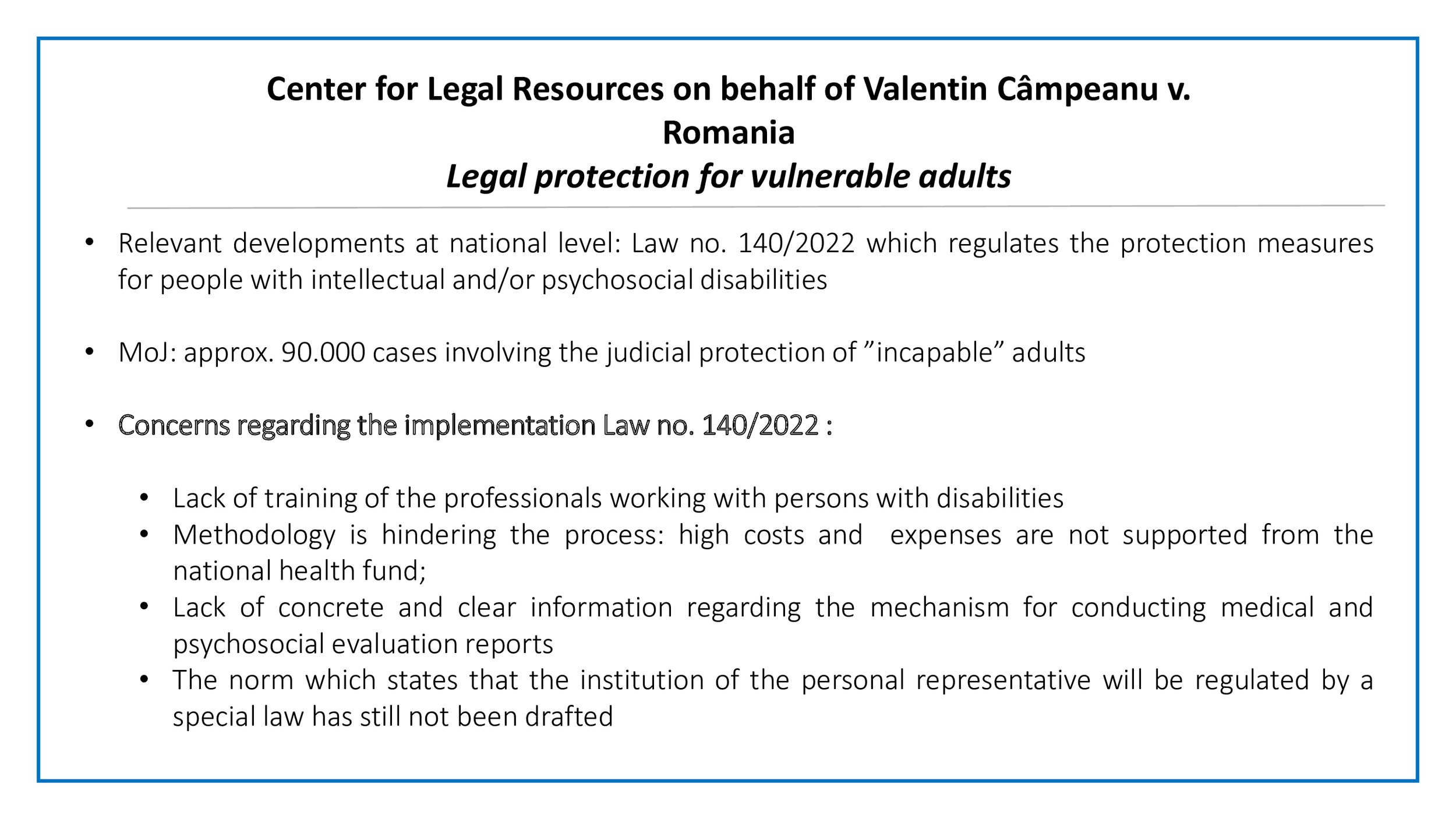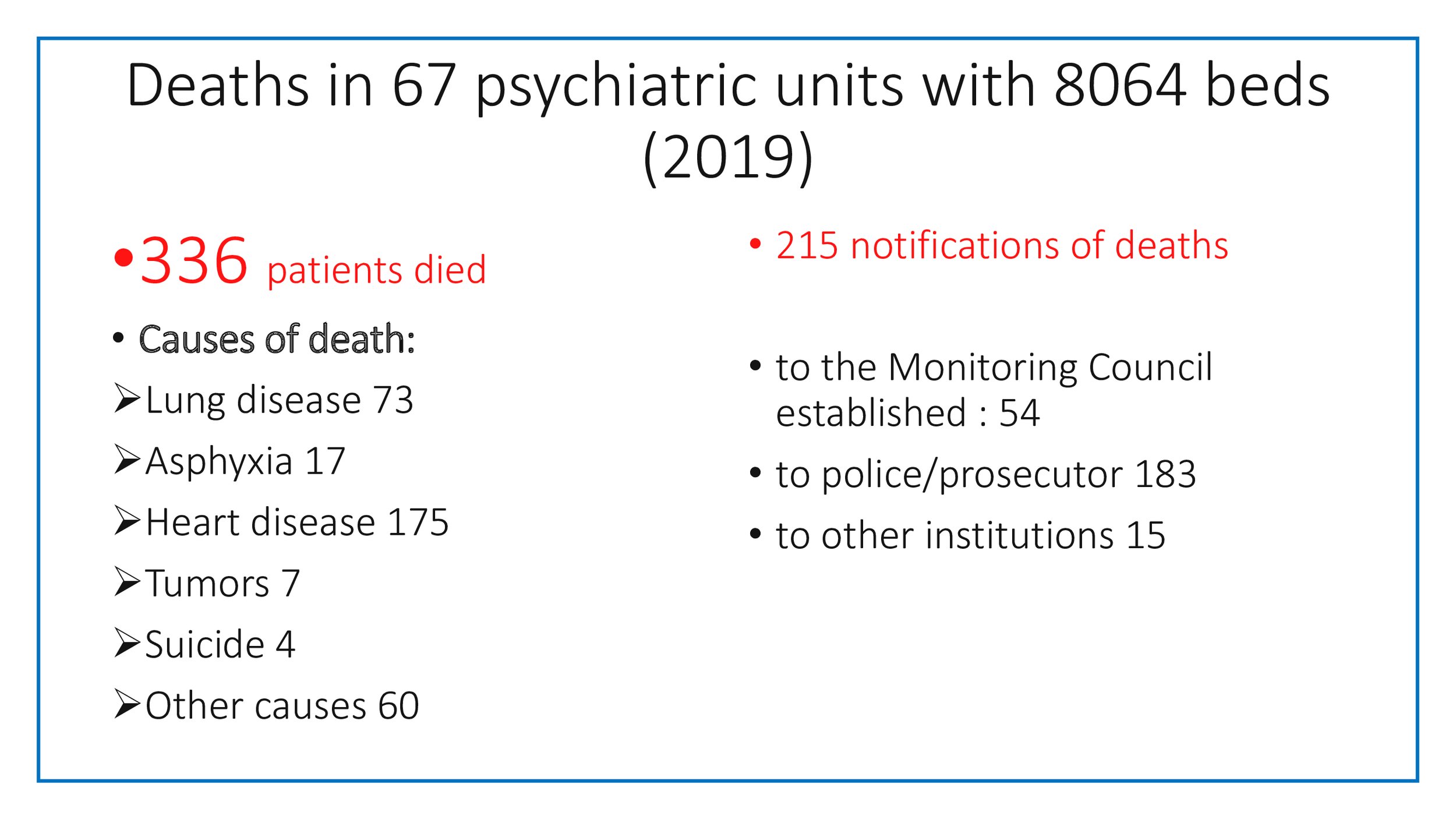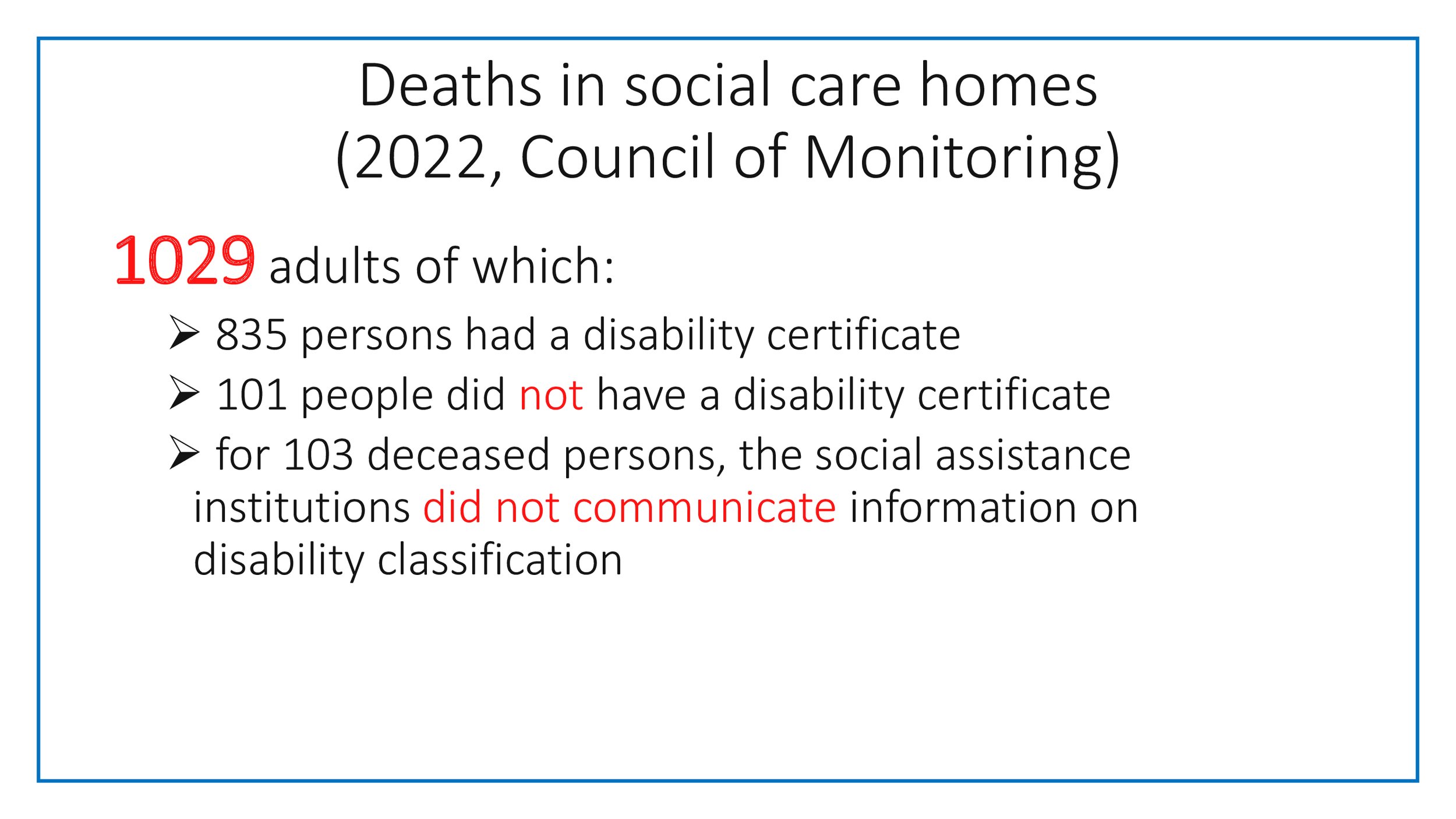EU Commission Rule of Law Report 2023 & Non-Implementation of ECtHR Judgments
/Last week, the EU Commission published its 2023 Rule of Law Report, analysing four areas concerning the rule of law: the justice system, the anti-corruption framework, media pluralism and freedom, and other institutional issues related to checks and balances, and examining developments within each of the 27 EU countries.
EIN is pleased that the Commission is now systematically including the non-implementation of judgments of the European Court of Human Rights in its 2023 Rule of Law report. The report states:
“Included in the Rule of Law report for the first-time last year, the track record of implementing leading judgments of the European Court of Human Rights (ECtHR) is an important indicator for the functioning of the rule of law in a country. The country chapters therefore again include systematic indicators on the implementation of ECtHR leading judgments by all Member States, showing also the change compared to last year. Performance continues to vary between Member States. Overall, around 40% of the leading judgments of the ECtHR relating to EU Member States from the last 10 years have not been implemented, similar to last year’s figure.”
Furthermore, individual country chapters on the rule of law situation in member states include EIN’s key data sets: the percentage of pending leading judgments over the last ten years, the average time lending judgments have been pending, and the number of leading judgments pending implementation.
Over the last two years, EIN has worked closely with Democracy Reporting International (DRI) in advocating for the EU’s Rule of Law Report to take into account the non-implementation of European Courts’ judgments, and to use other tools to tackle the failure of certain Member States to fully implement reforms in line with the European Court’s judgments. On the 3rd of July 2023, we launched our latest report ‘Justice Delayed and Justice Denied: Non-Implementation of European Court Judgments and the Rule of Law’, which shows that the non-implementation of ECtHR judgments is slightly worsening from year to year. As of 1 January 2023, there were 616 leading ECtHR judgments pending implementation in EU states, 40 % of leading judgments from the last ten years are pending implementation in EU states, and the average length of time that leading ECtHR judgments concerning EU states have been pending implementation was 5 years and 1 month.
For future editions of the European Commission’s Rule of Law Report and the EU’s ongoing work on the rule of law, we set out the following recommendations to the European Commission and to EU institutions:
Recommendations
1. The future editions of the European Commission Rule of Law Report should also include specific recommendations for (a) states with particularly concerning records of ECtHR implementation overall; and (b) states with ECtHR and CJEU judgments pending implementation concerning the areas covered by the Report, especially those of independence and impartiality of the judiciary.
2. The European Commission should consistently use other tools available, including infringement procedures and financial pressure, to tackle the failure of certain Member States to fully implement reforms in line with the CJEU and ECtHR judgments.
3. The EU institutions should raise the issue of ECtHR and CJEU judgment non-implementation and the data in the Justice Delayed and Justice Denied report in discussions with Member State governments and national parliaments.
4. The EU should fund civil society activities designed to enhance ECtHR and CJEU judgement implementation, as well as Council of Europe activities designed to enhance ECtHR judgement implementation.
We welcome this continued development in the EU Commission’s rule of law reporting, which enhances both the EU’s rule of law procedures and sheds light on the overall record of implementation of judgments of the European Court of Human Rights. We are grateful to the EU Commission for its open engagement on this issue.
For more on individual countries’ implementation records, see our implementation country map.












